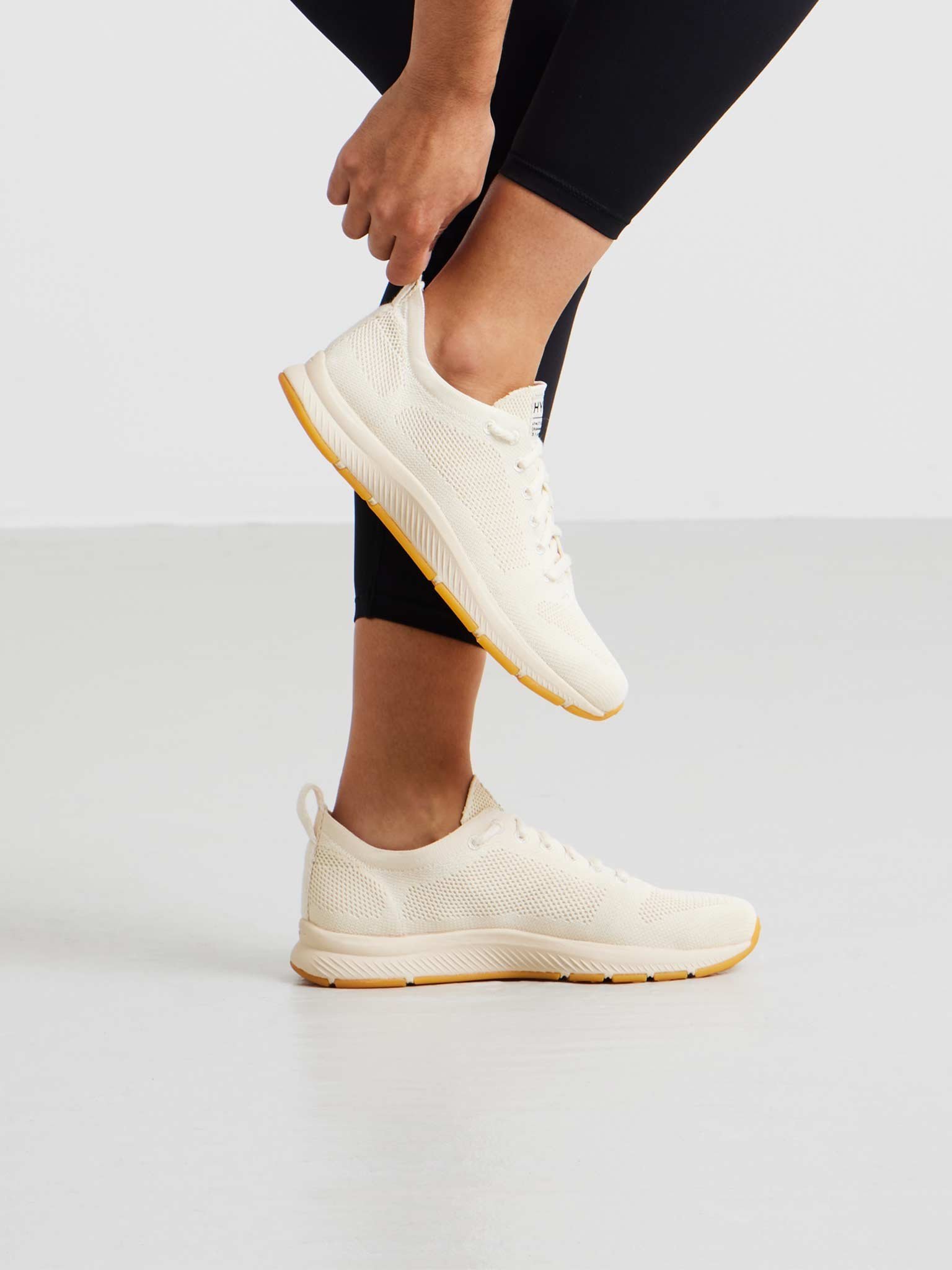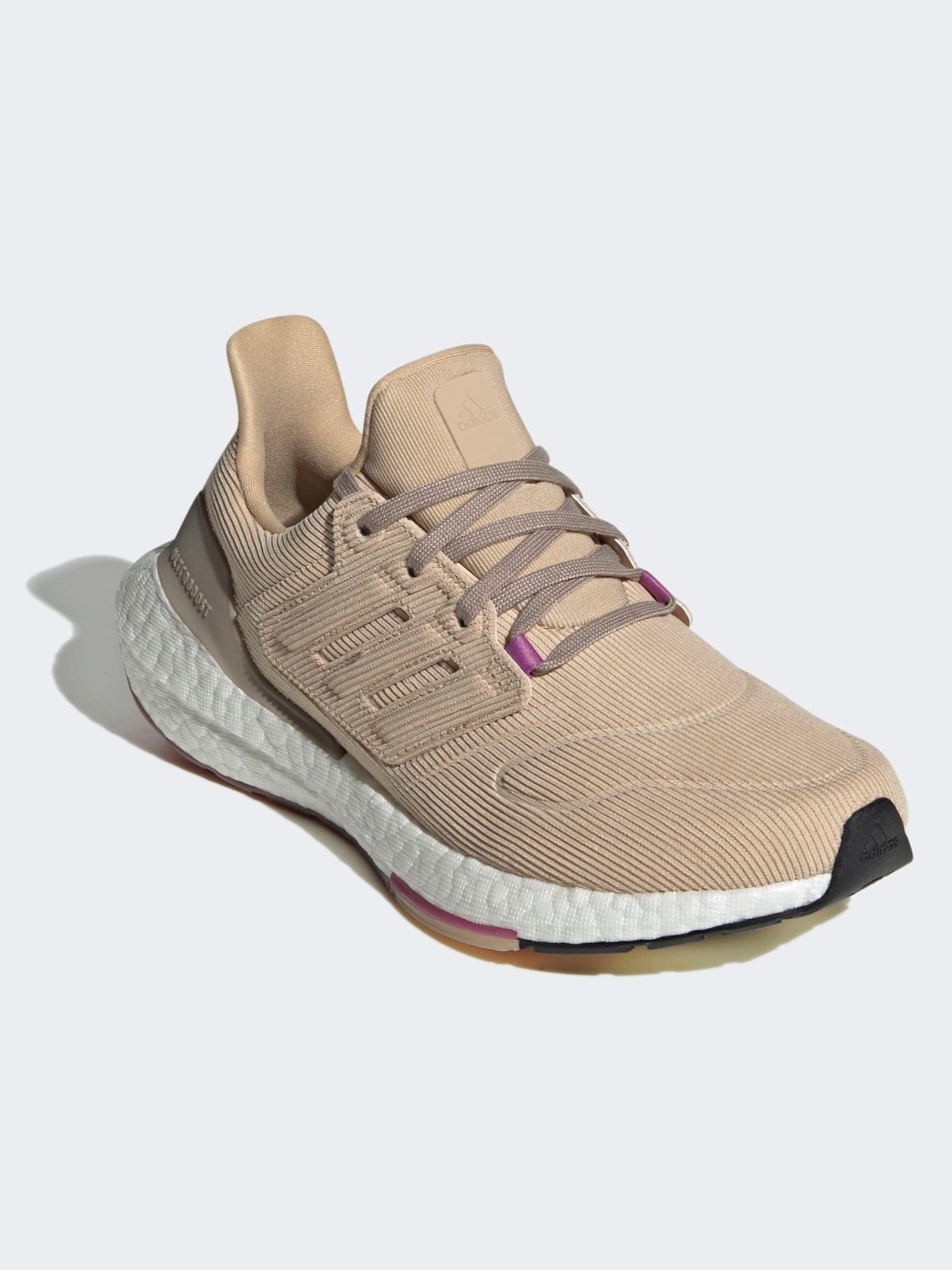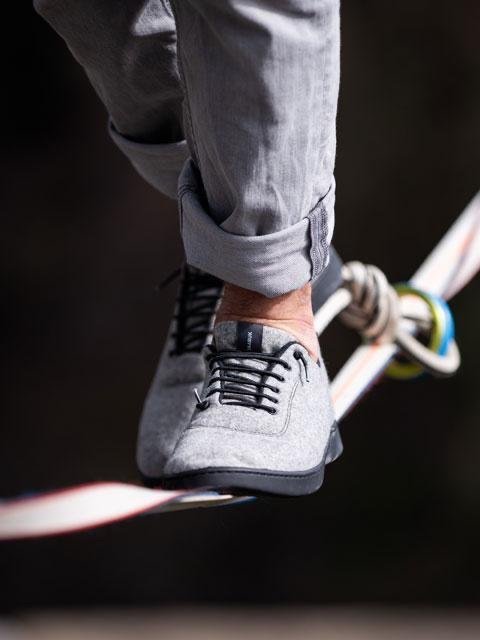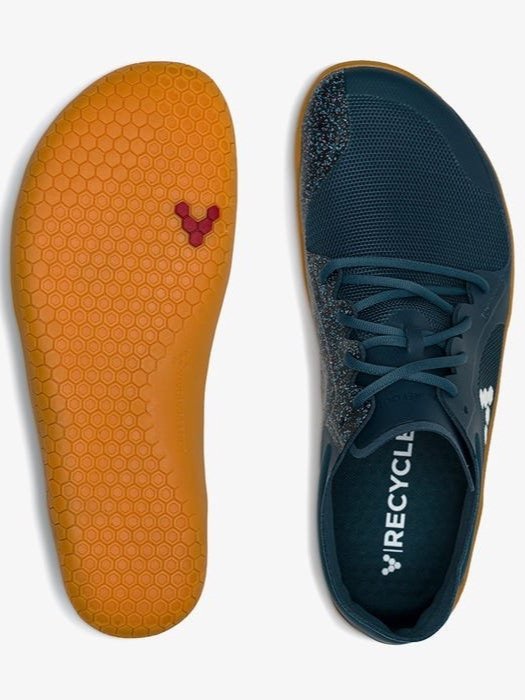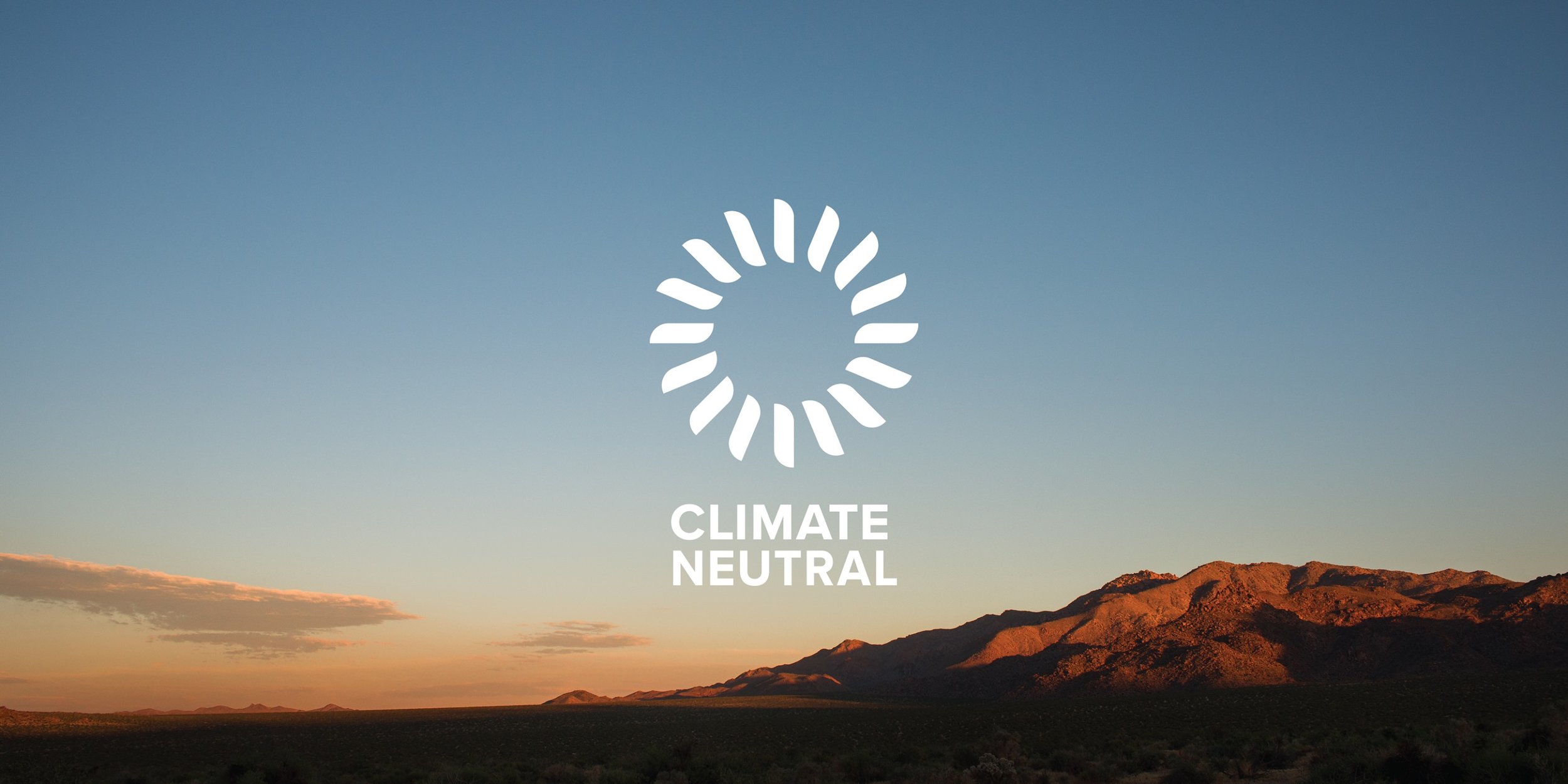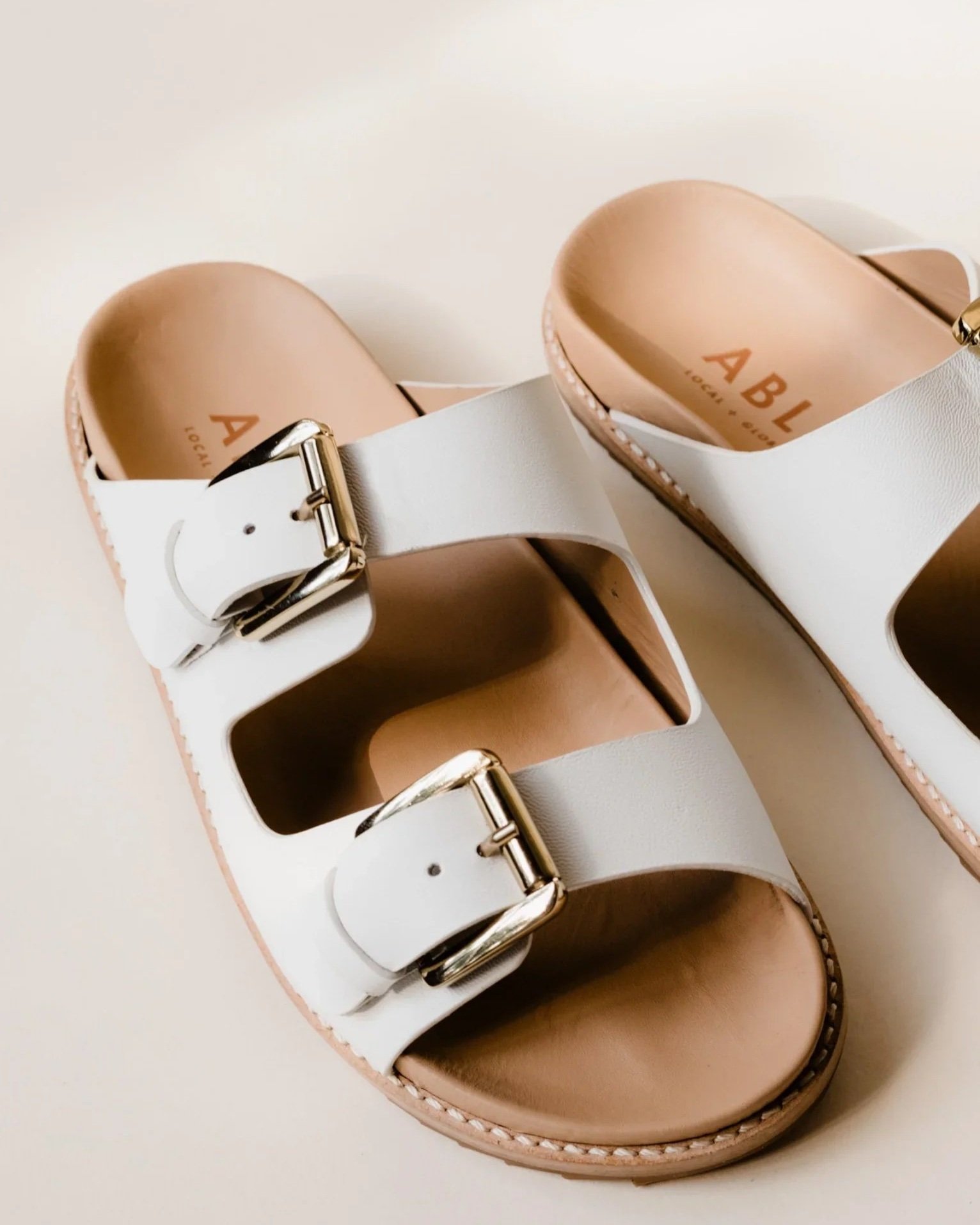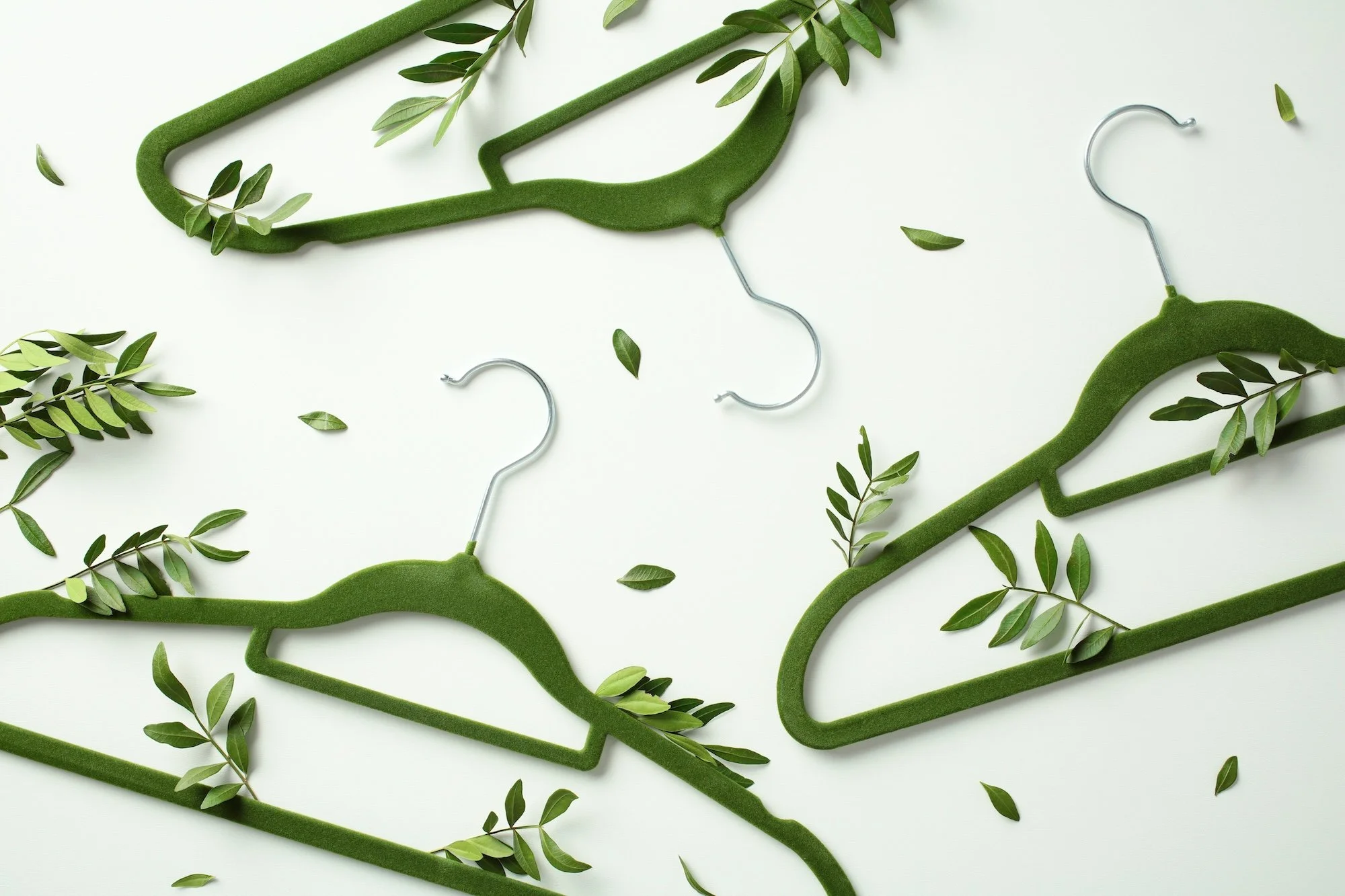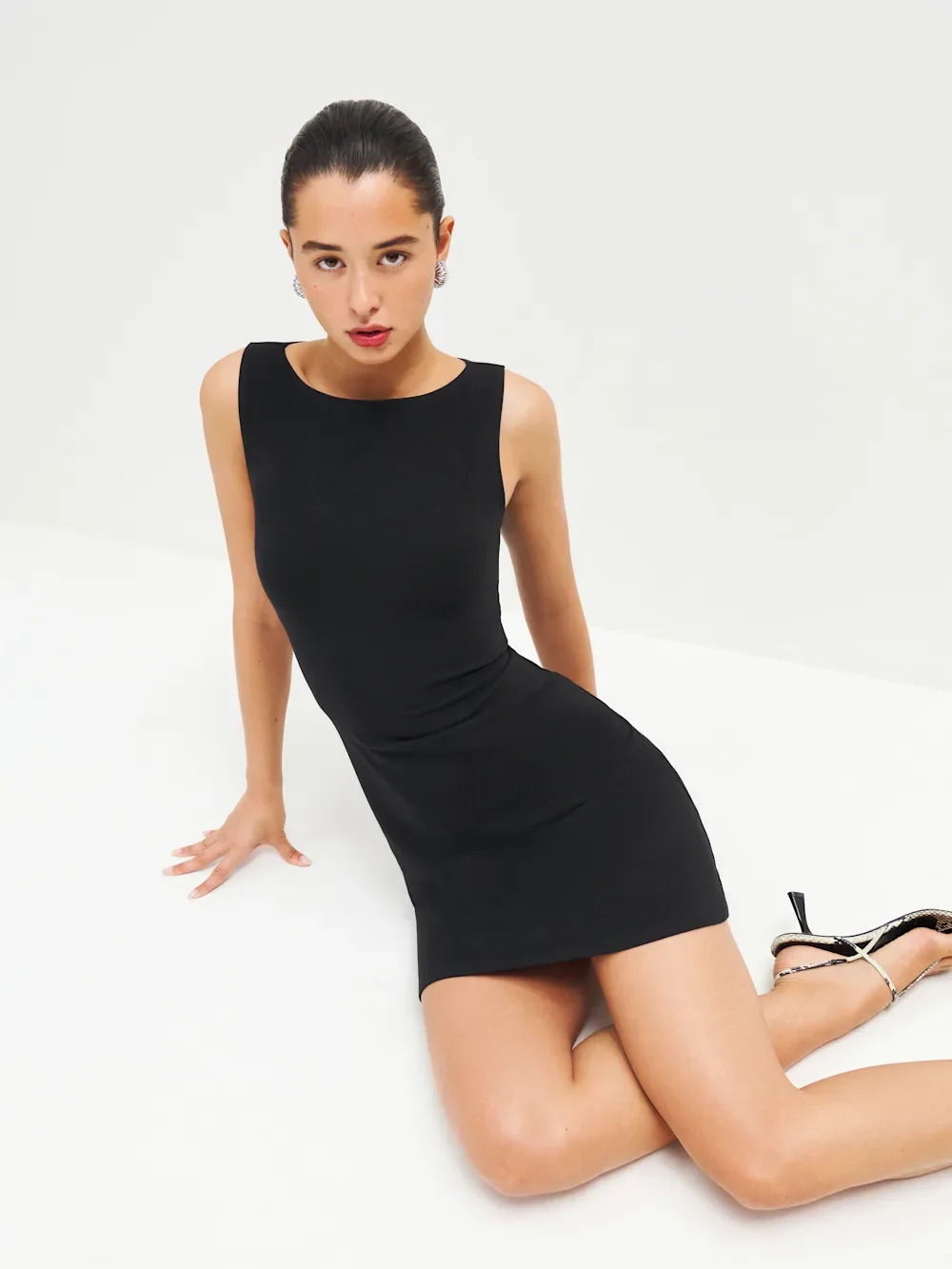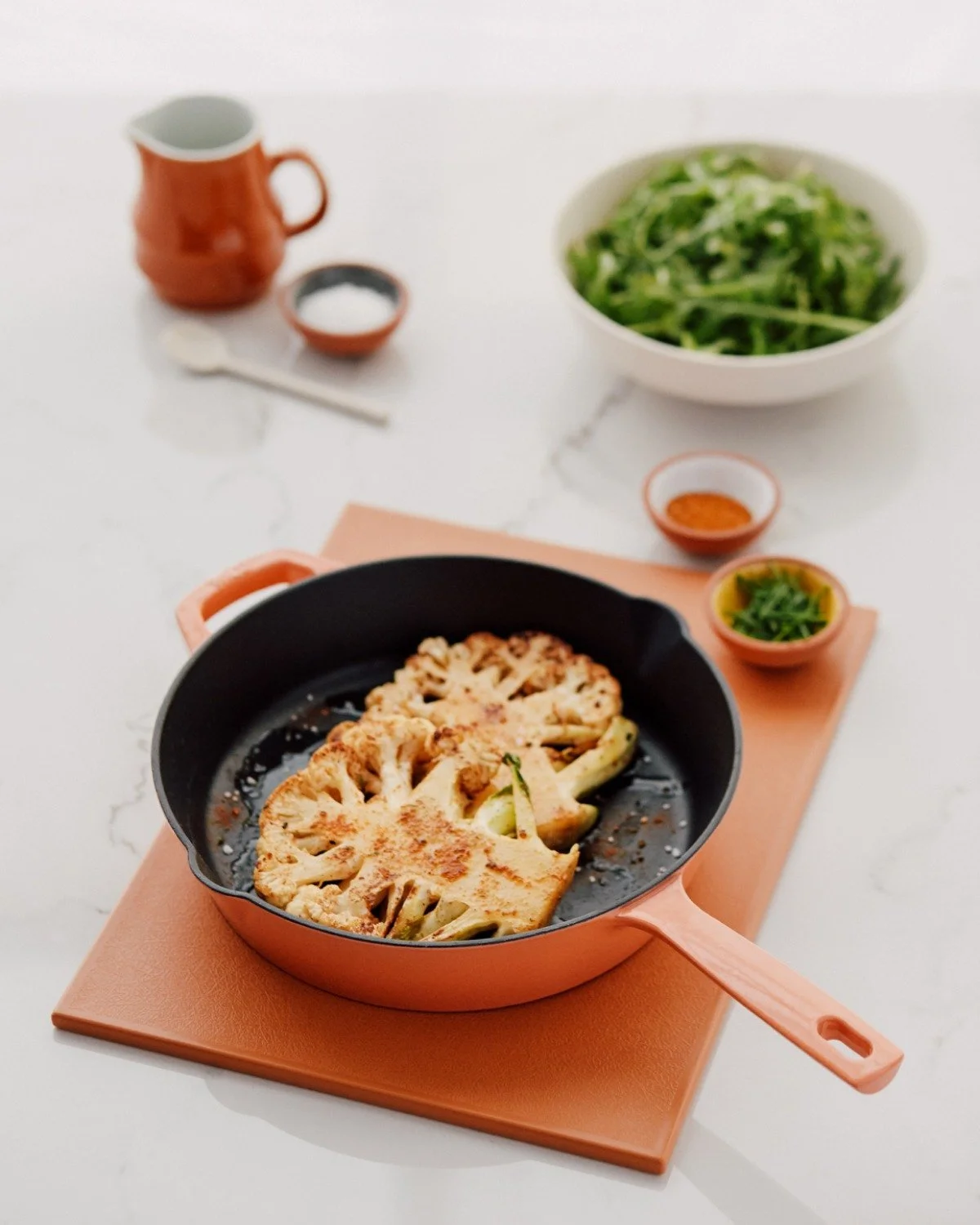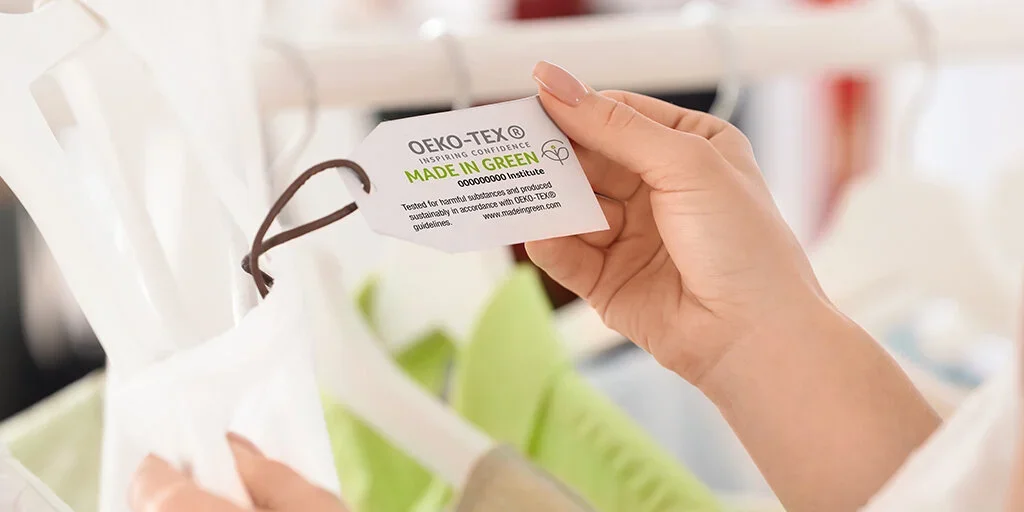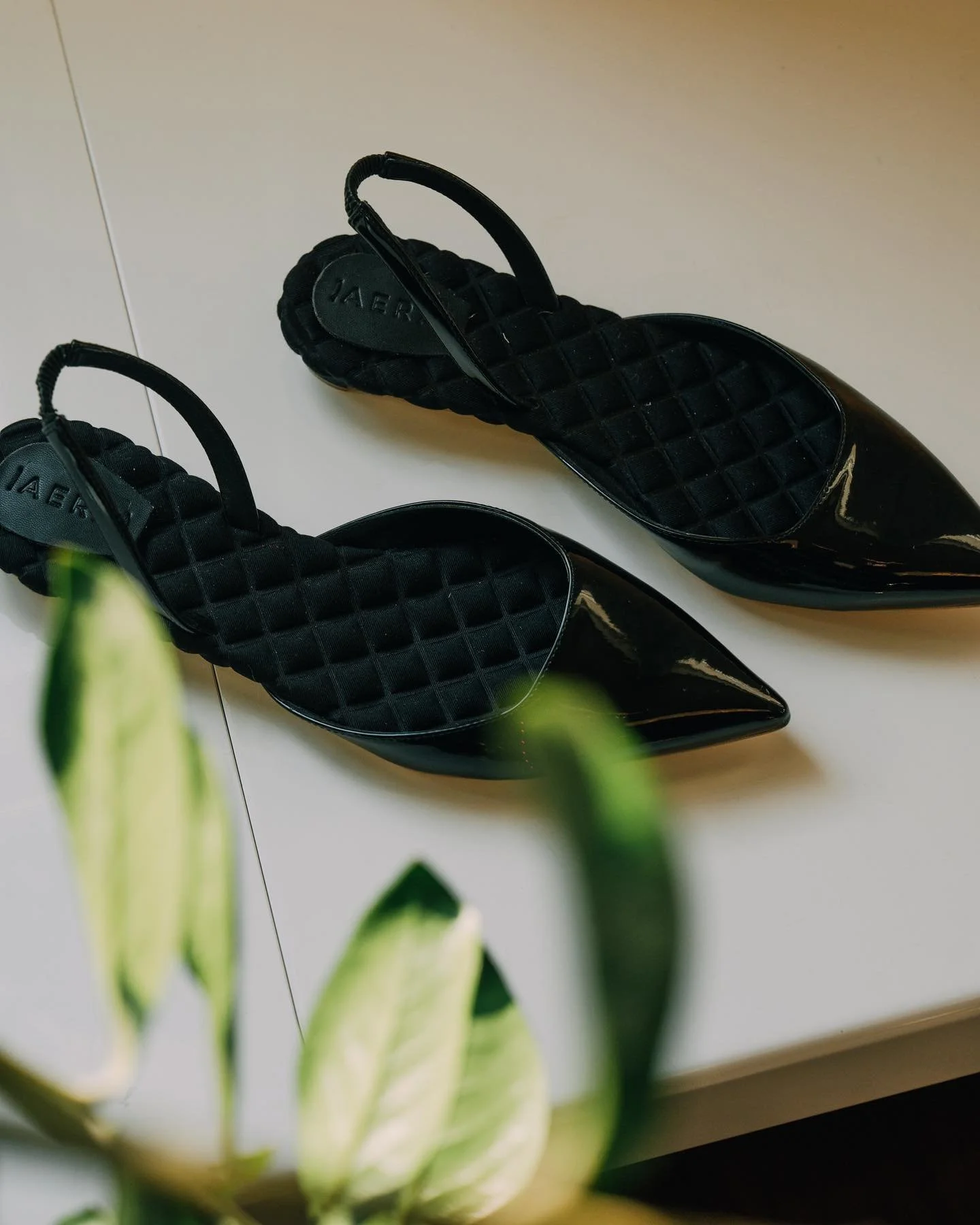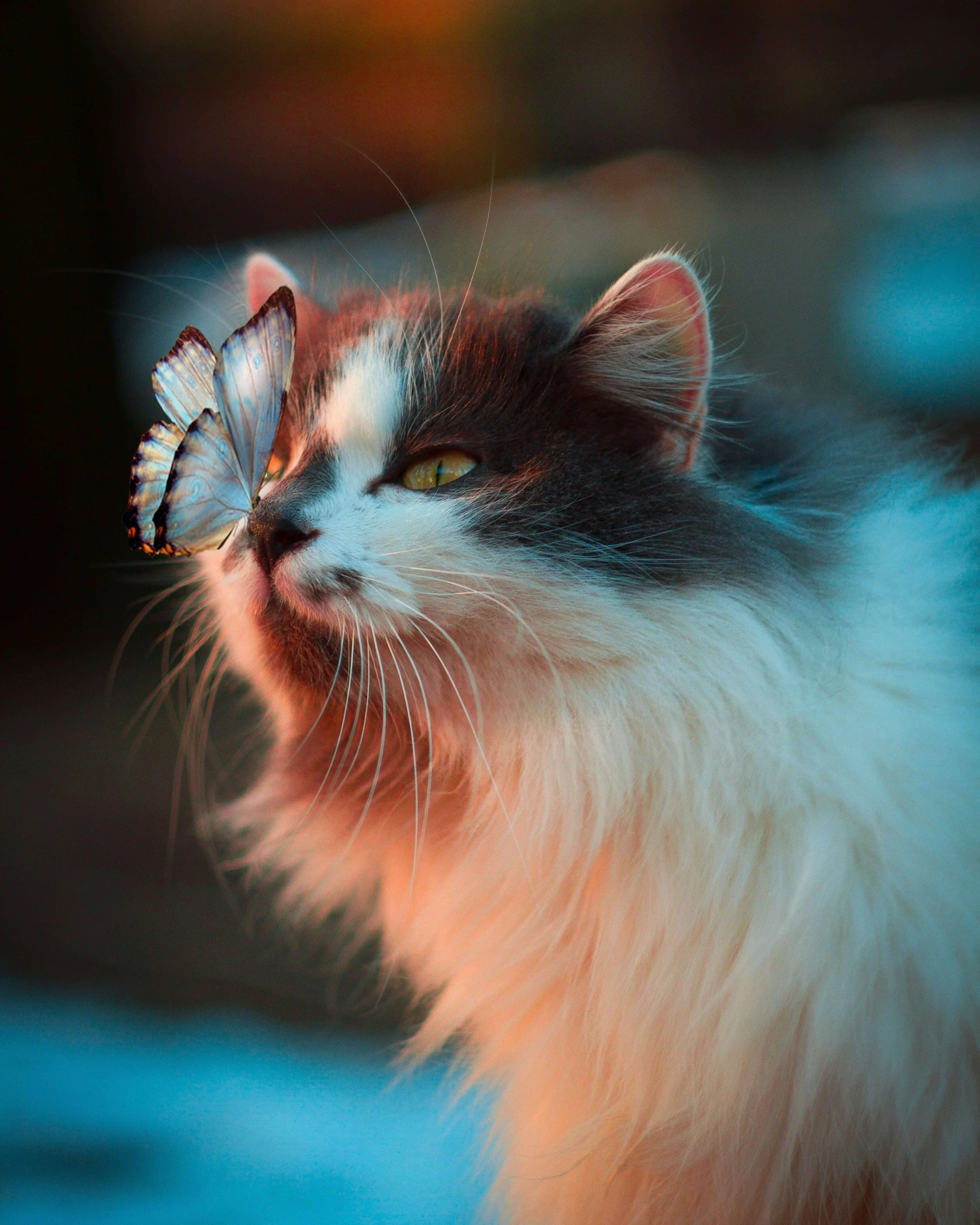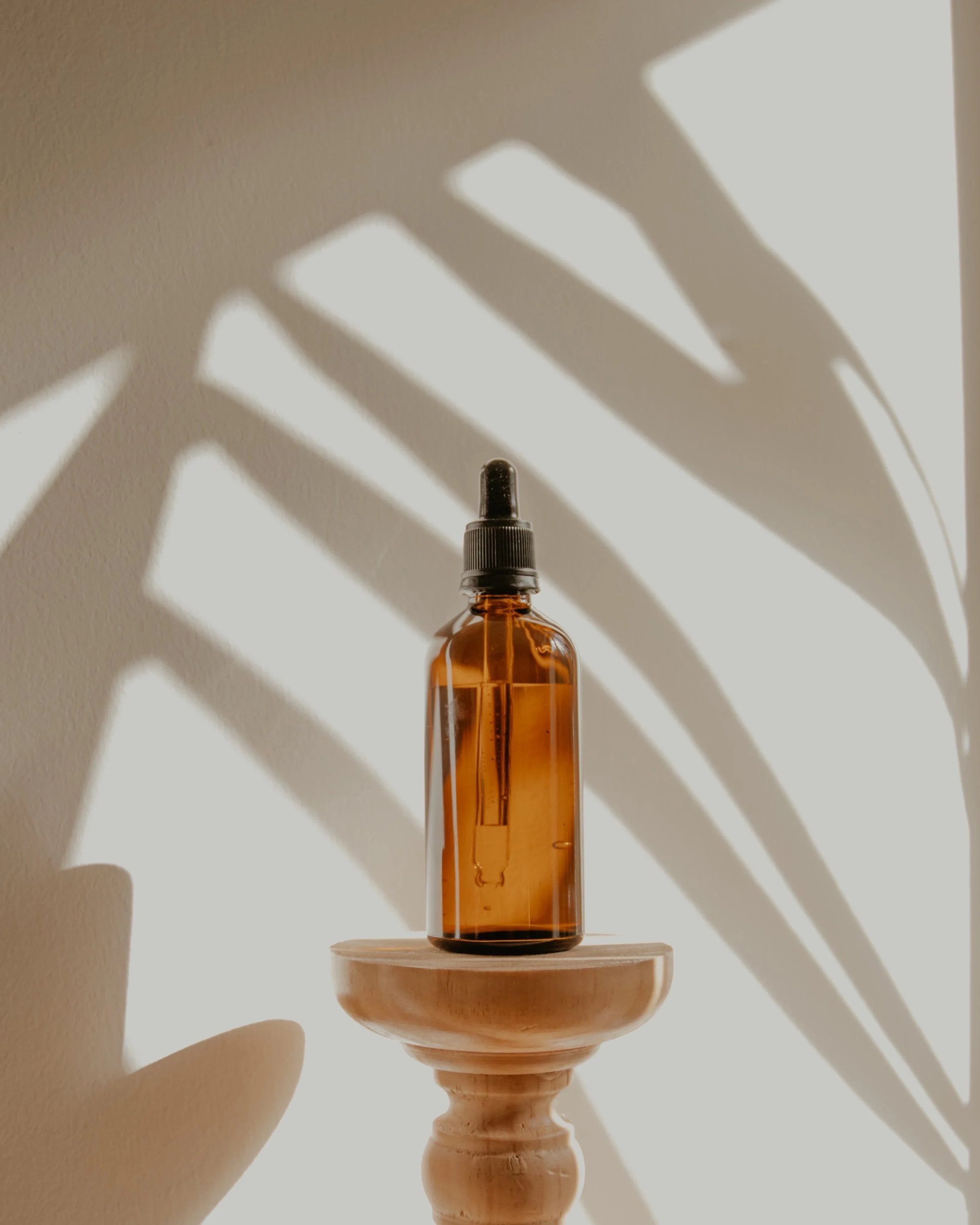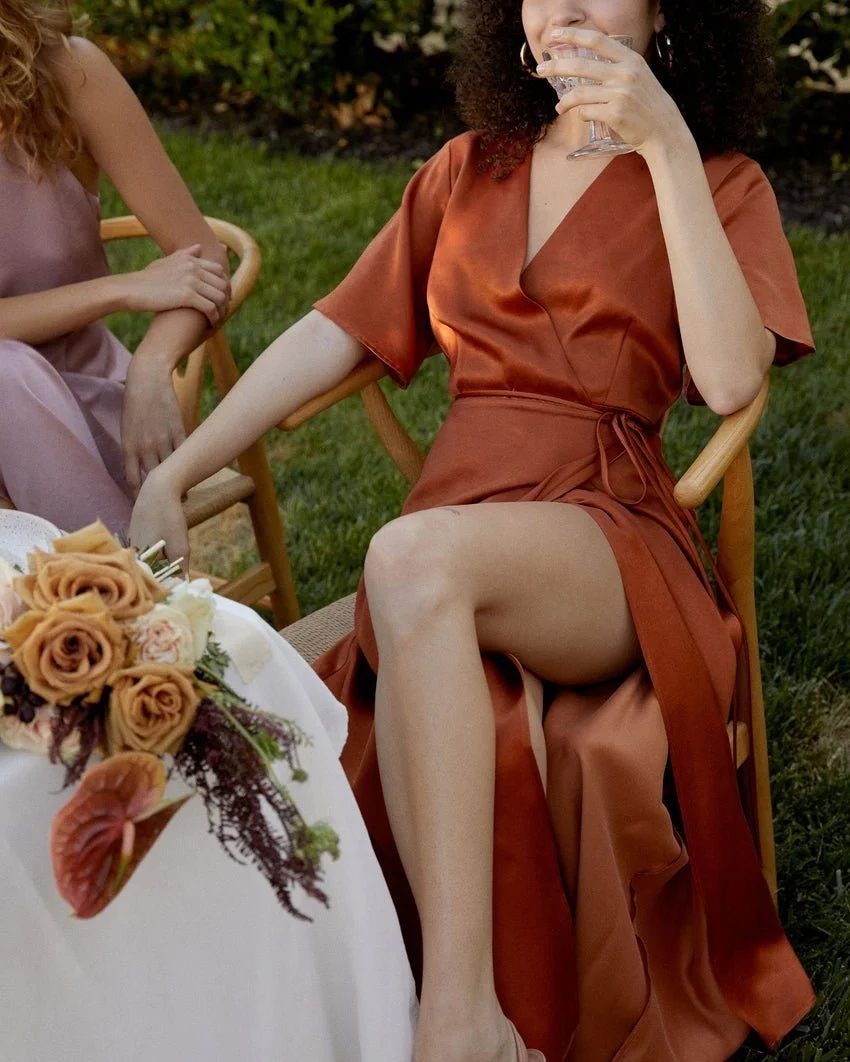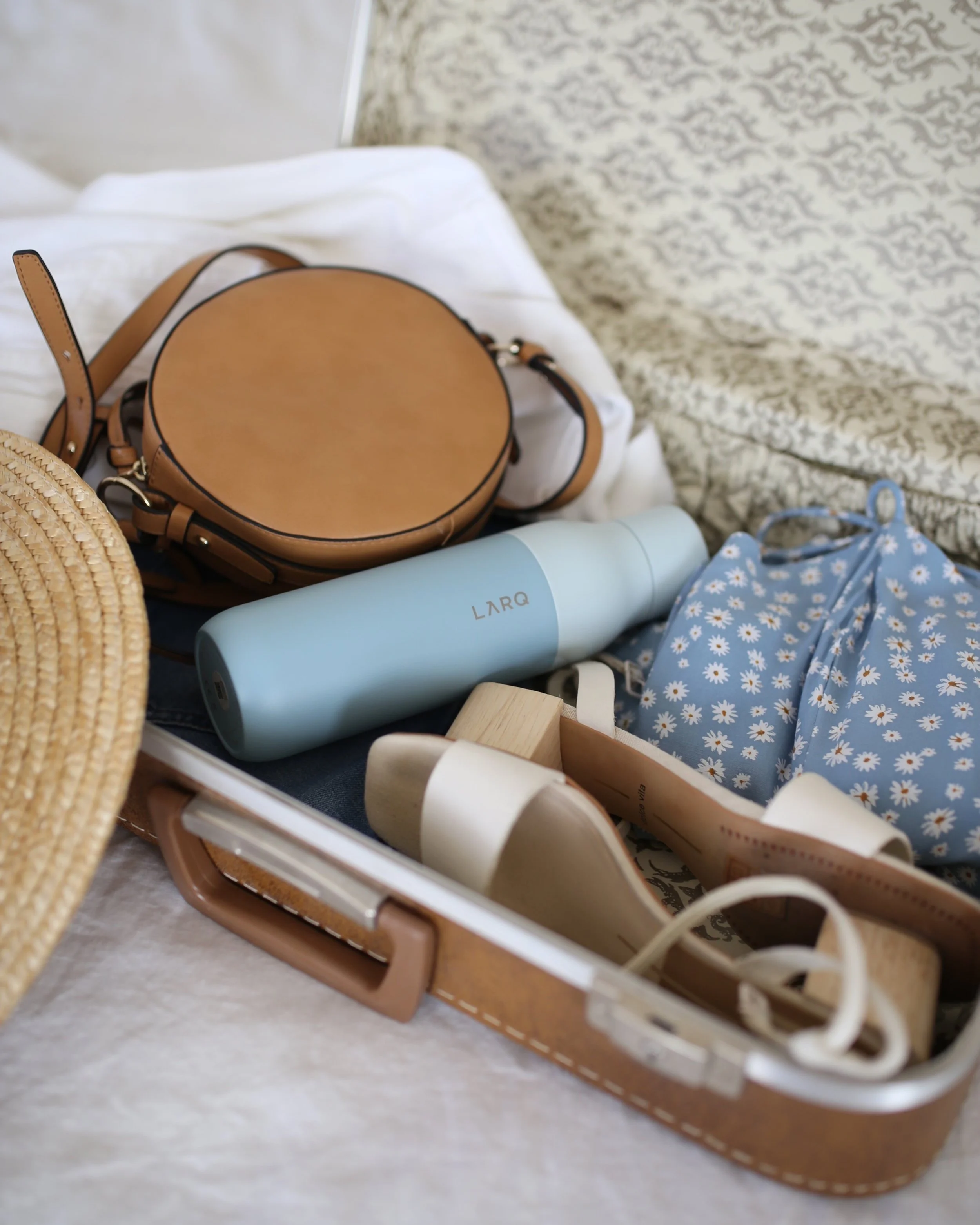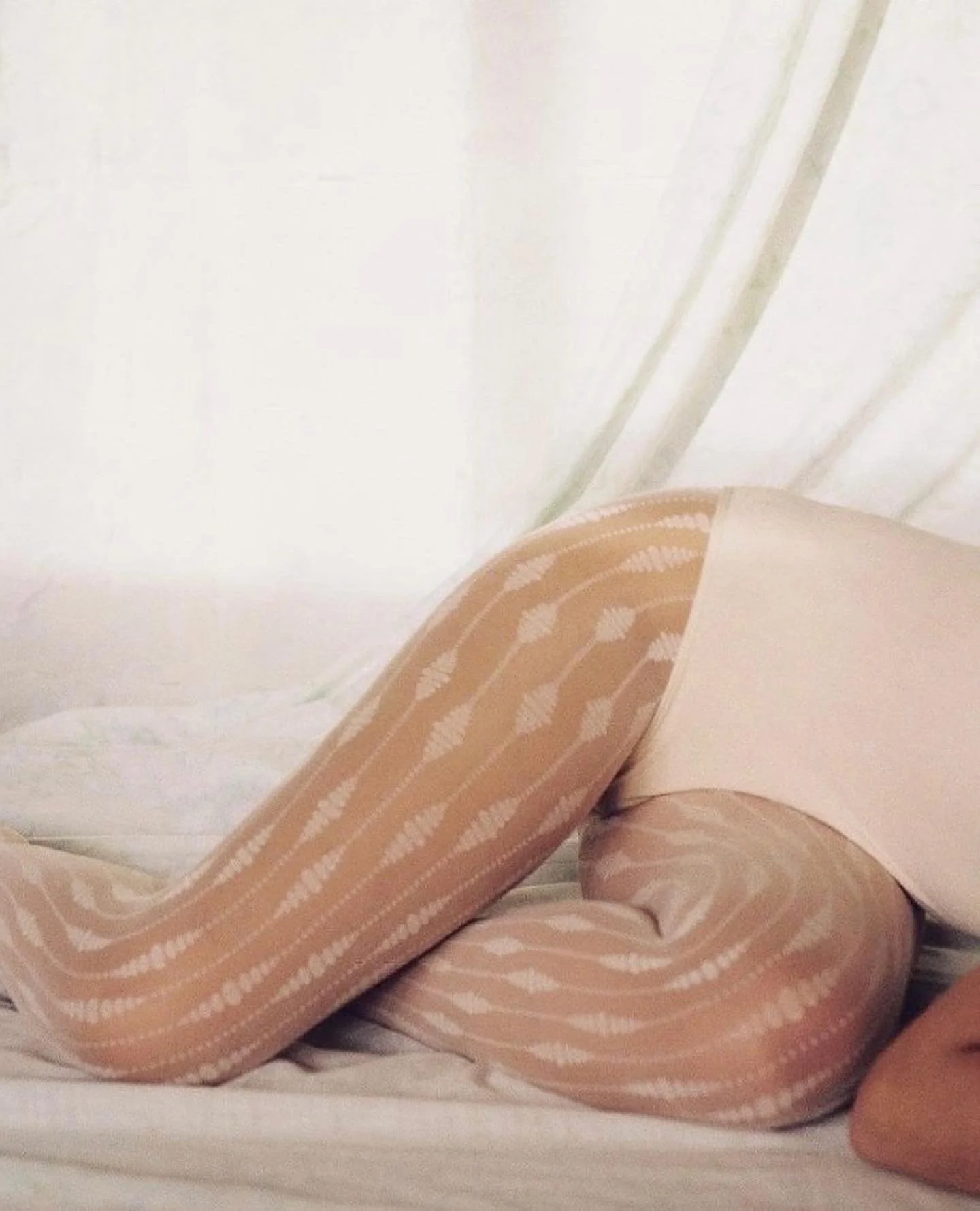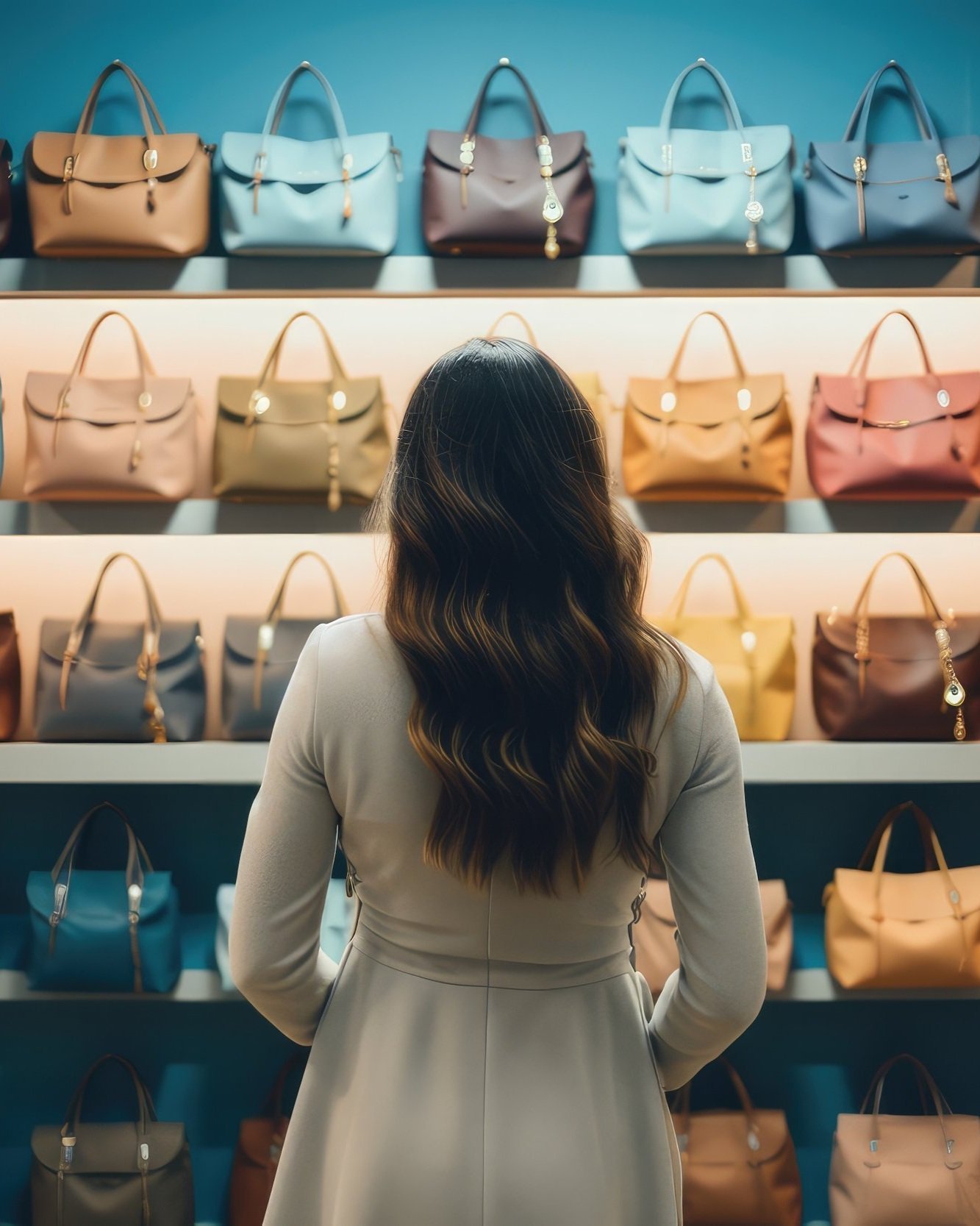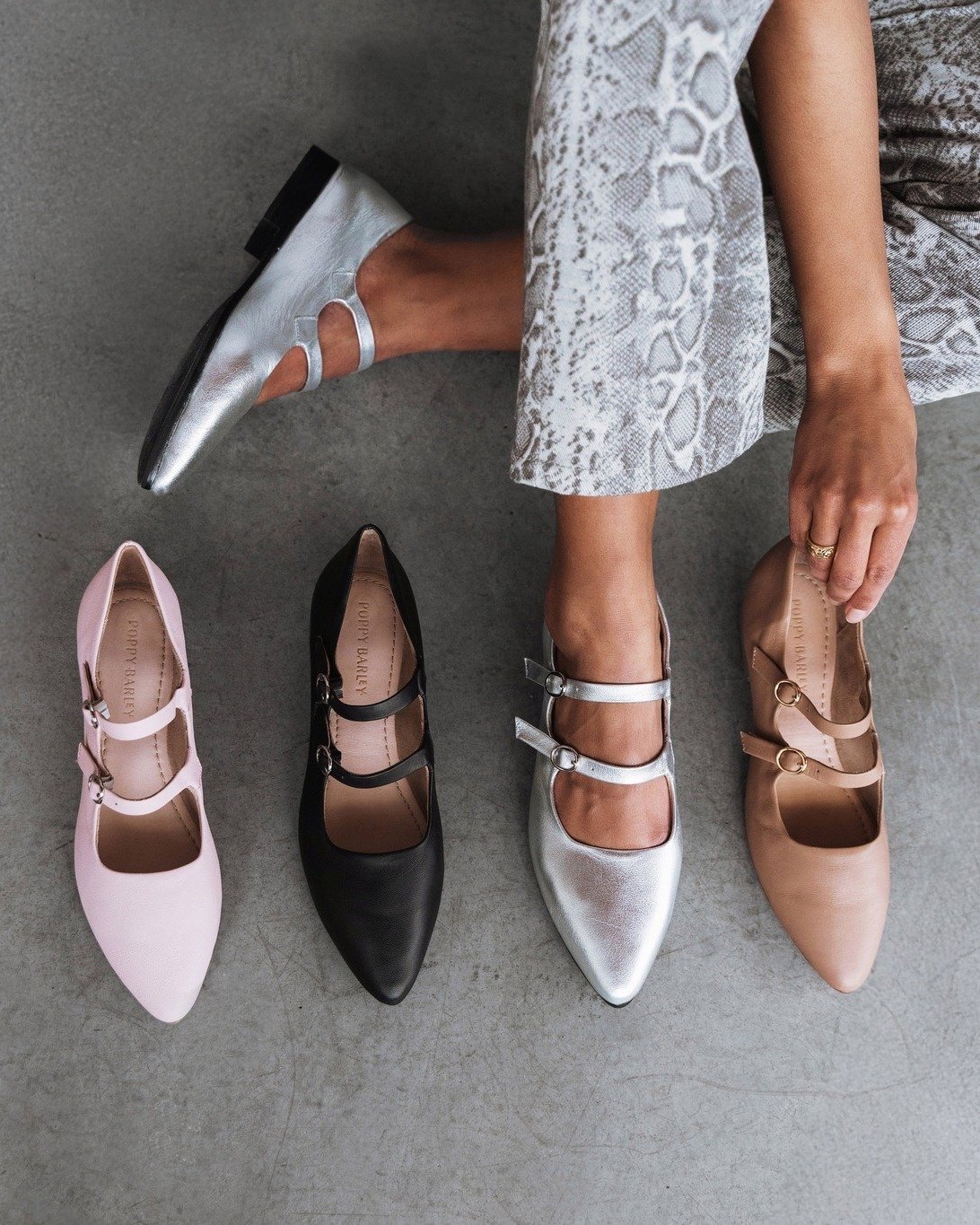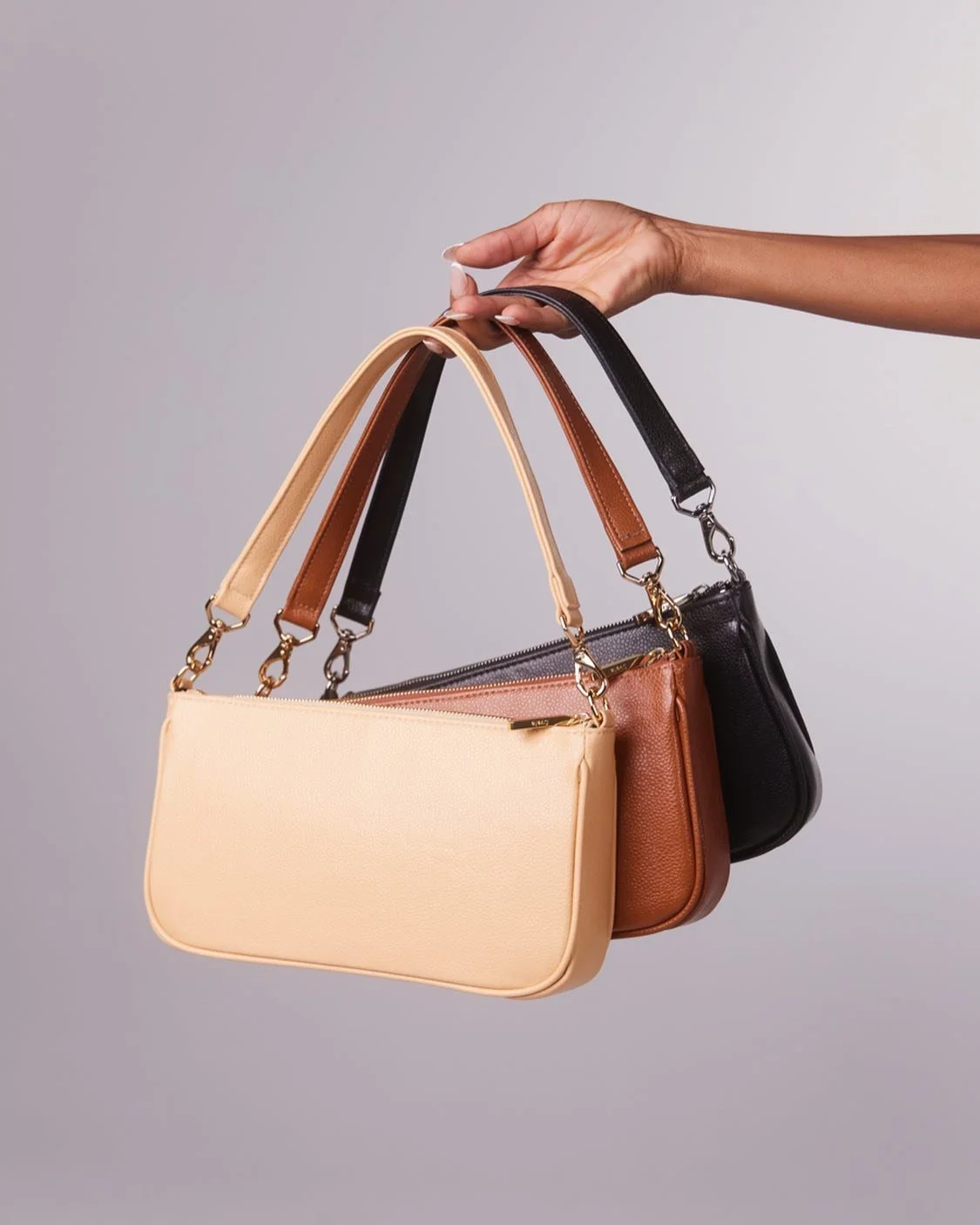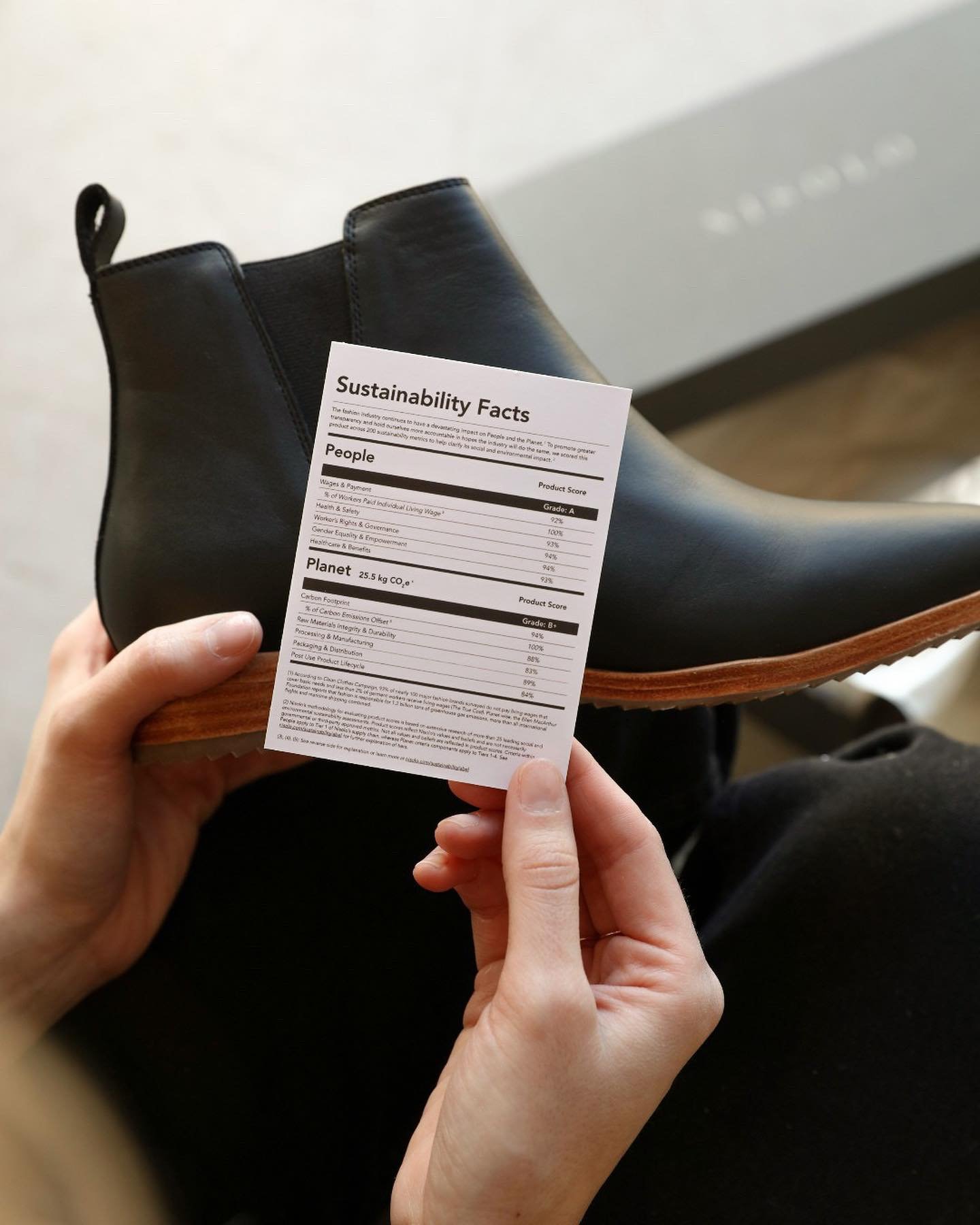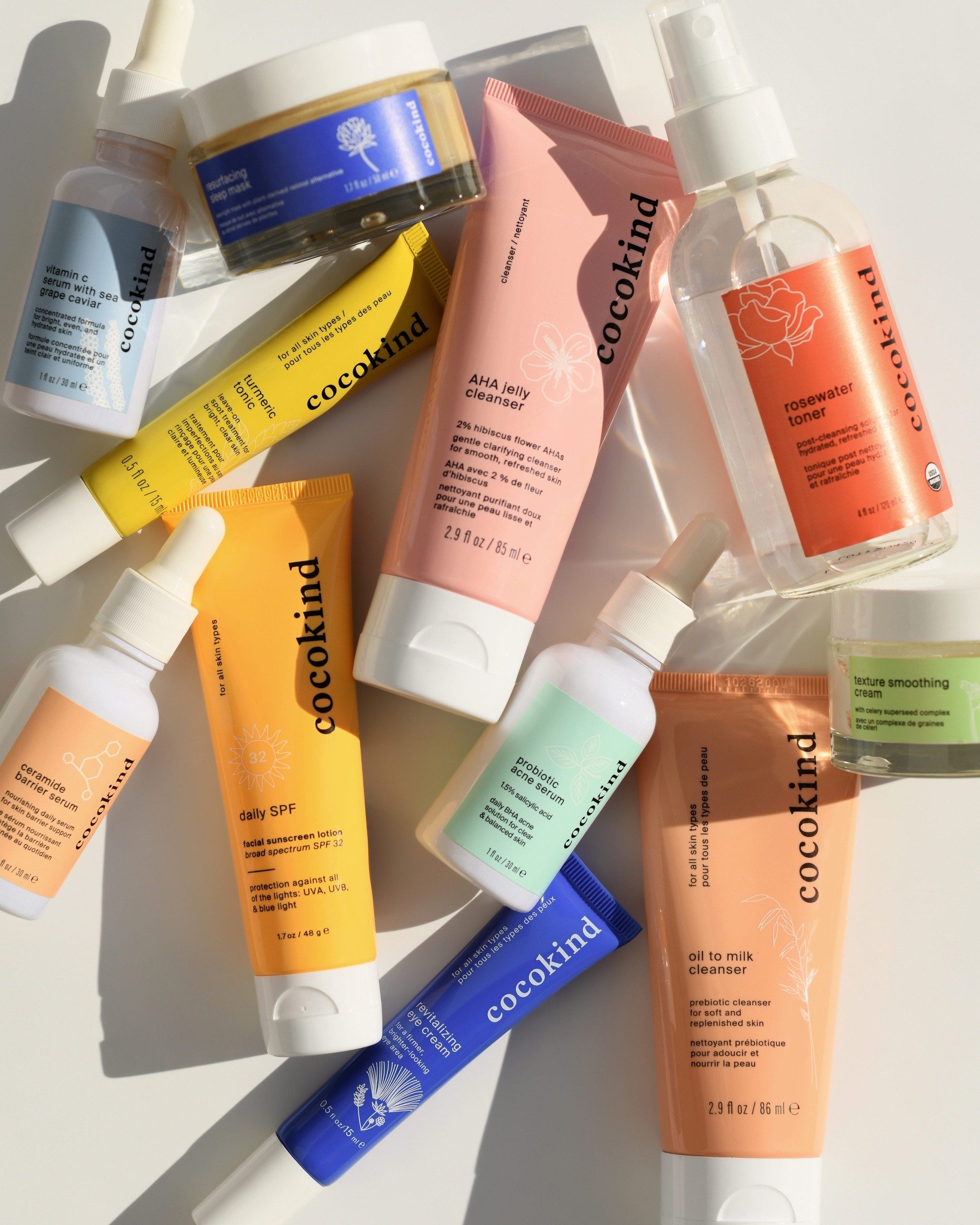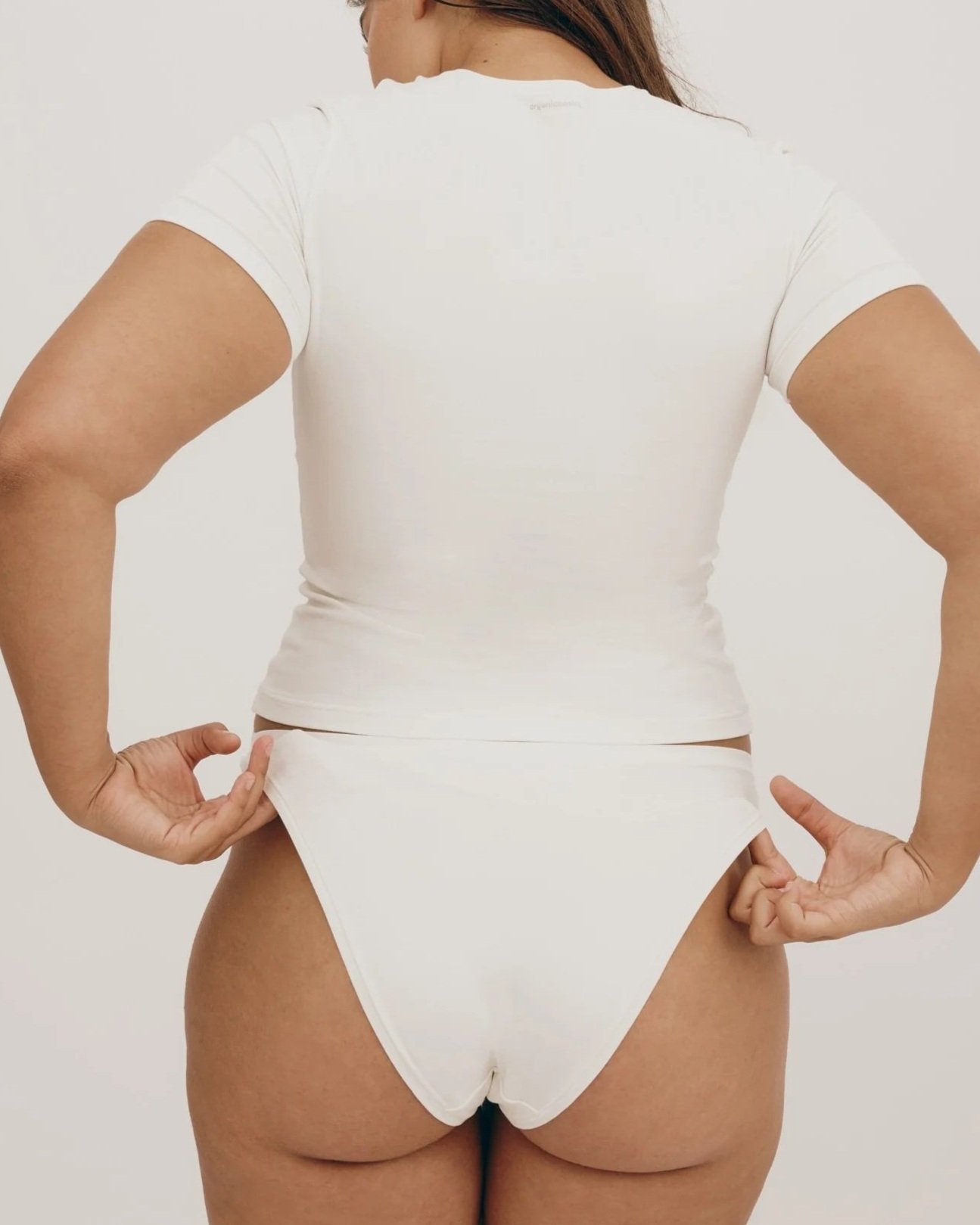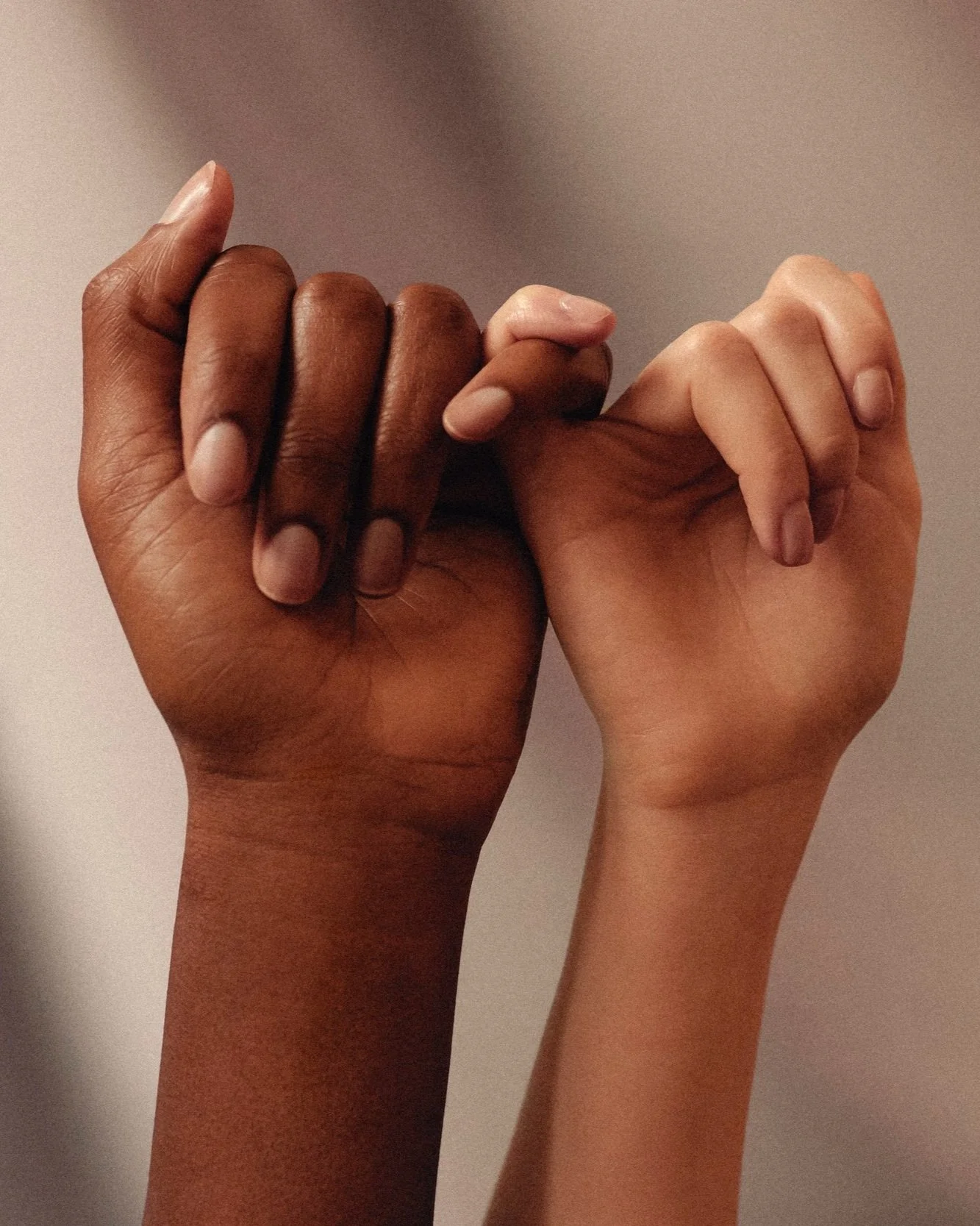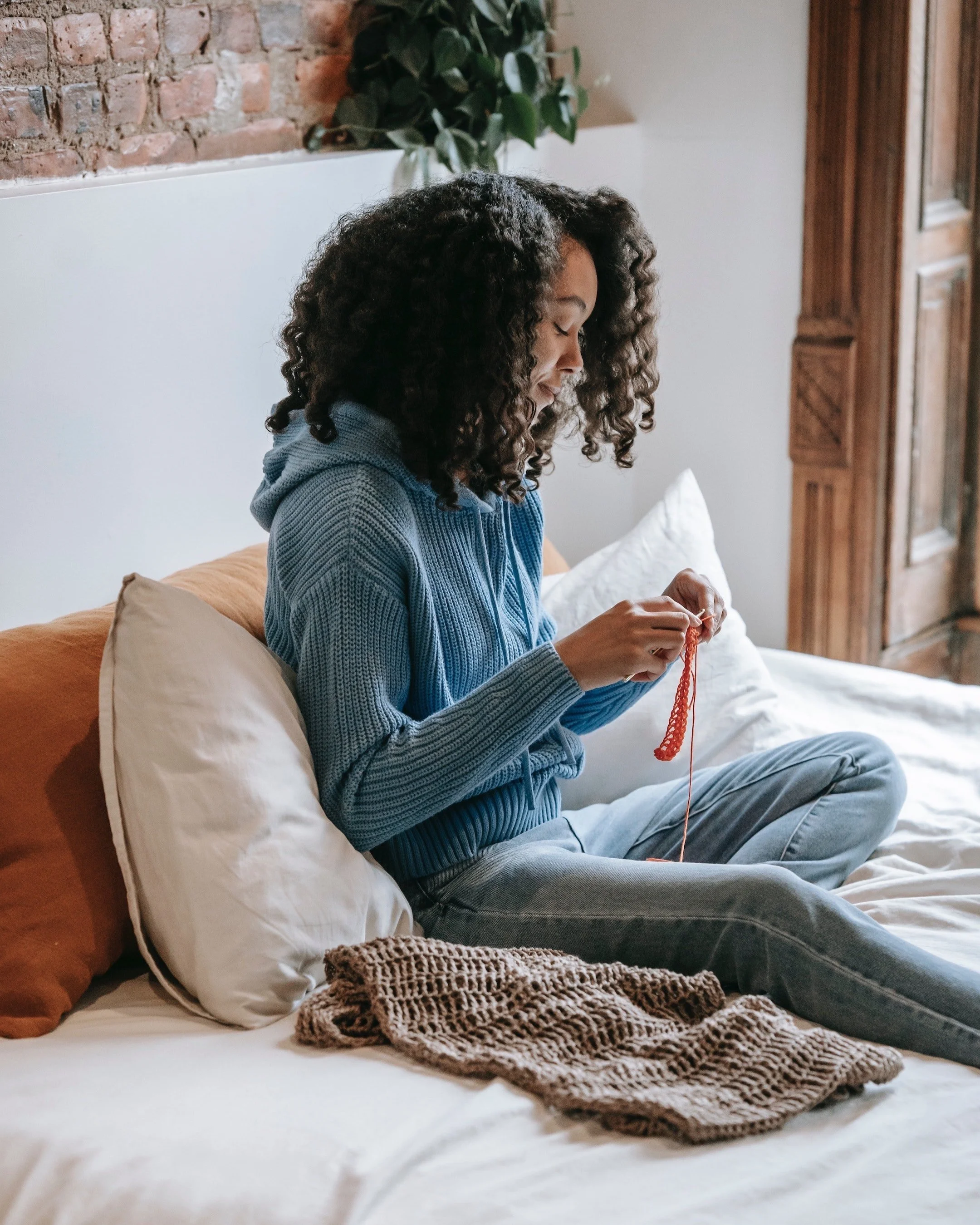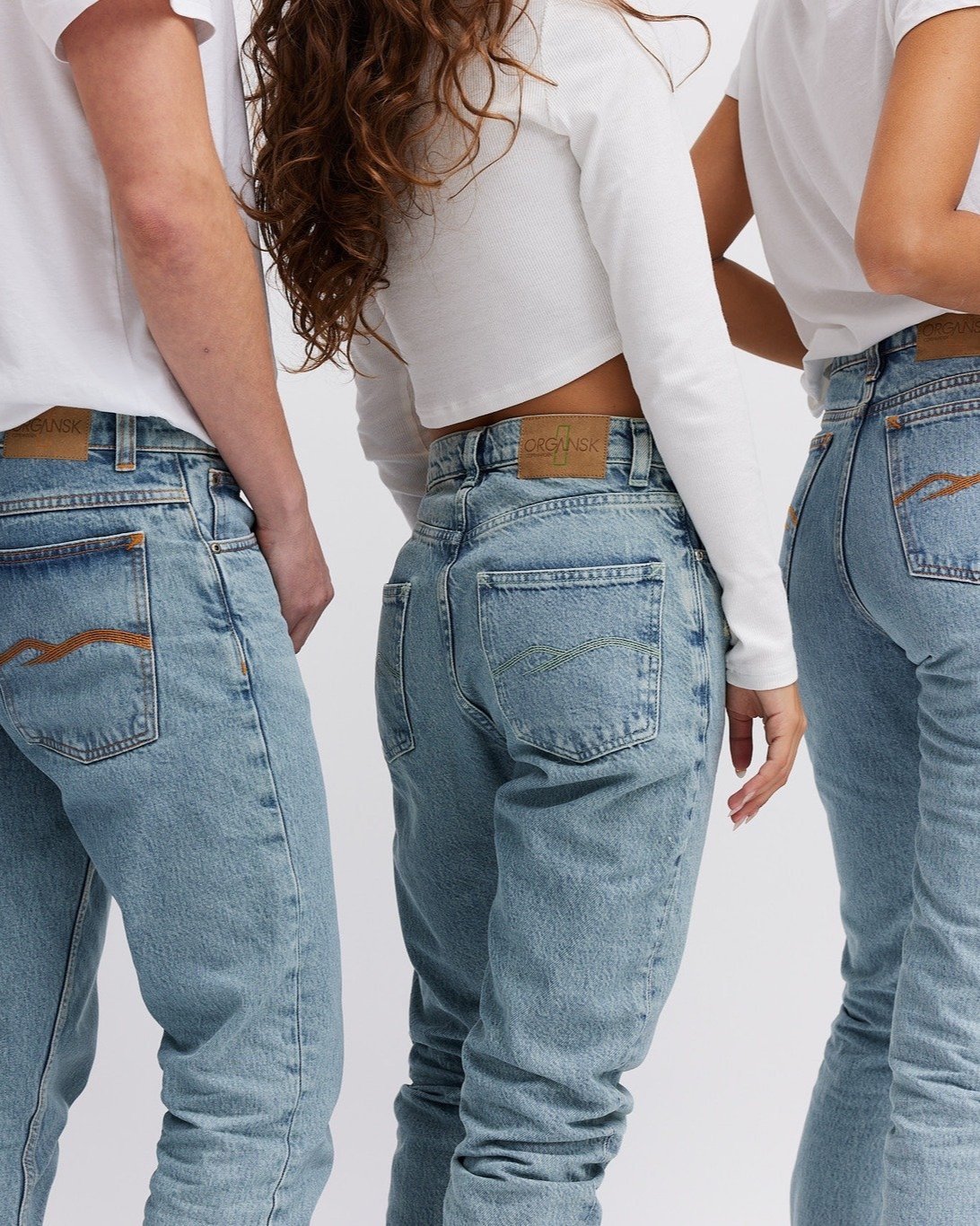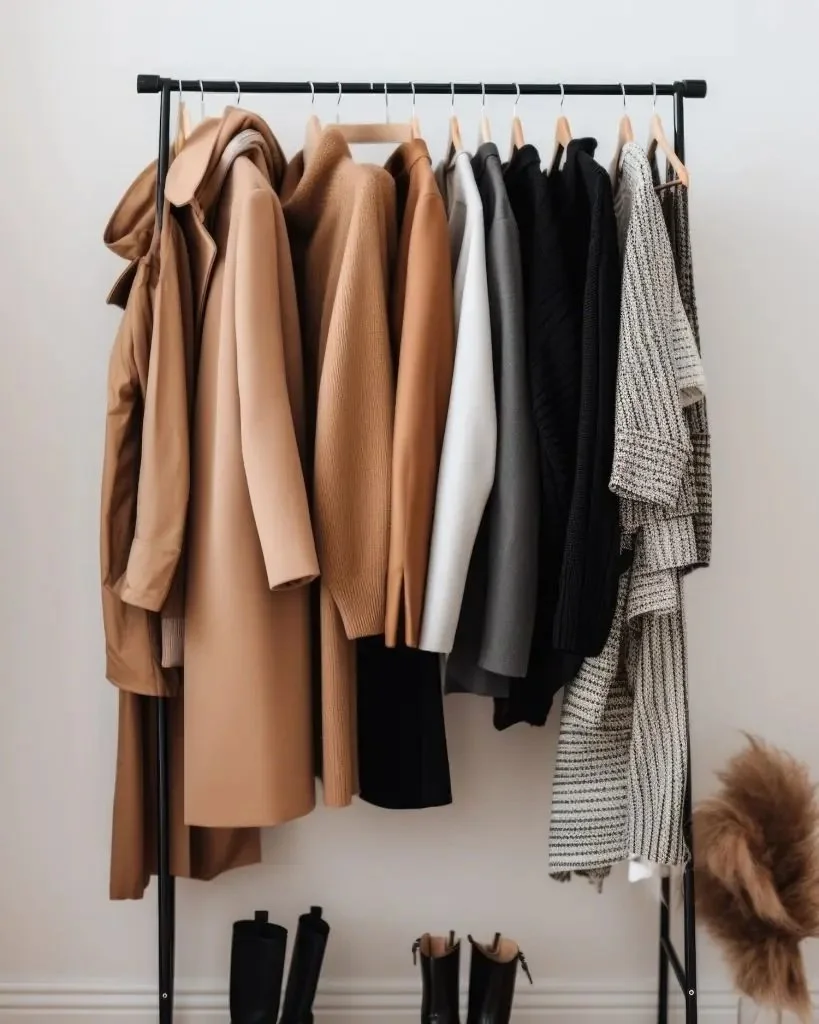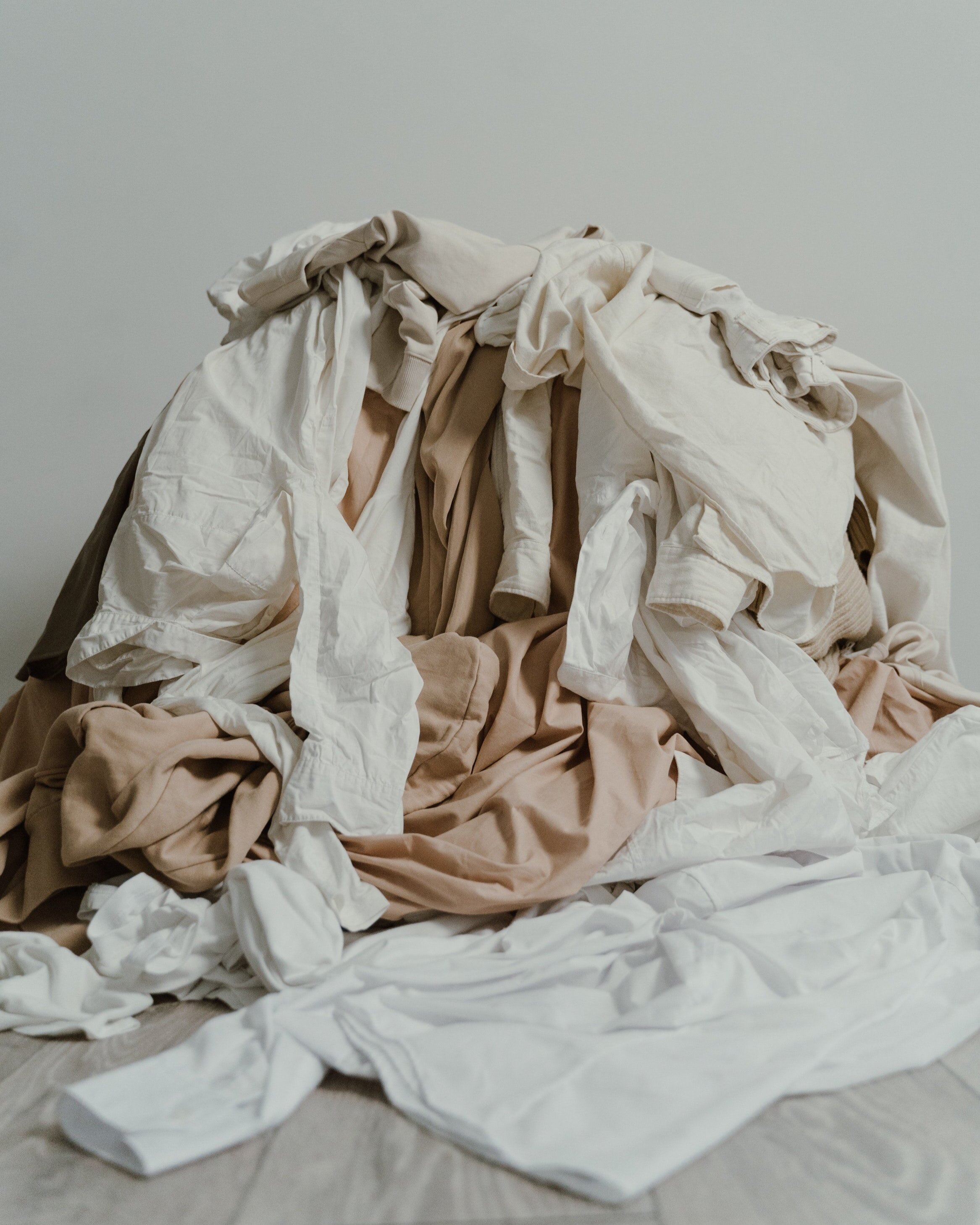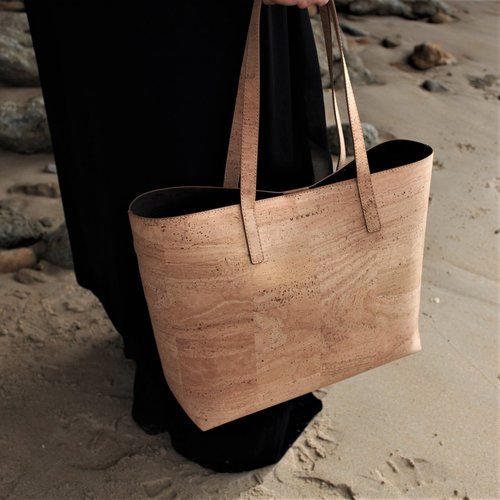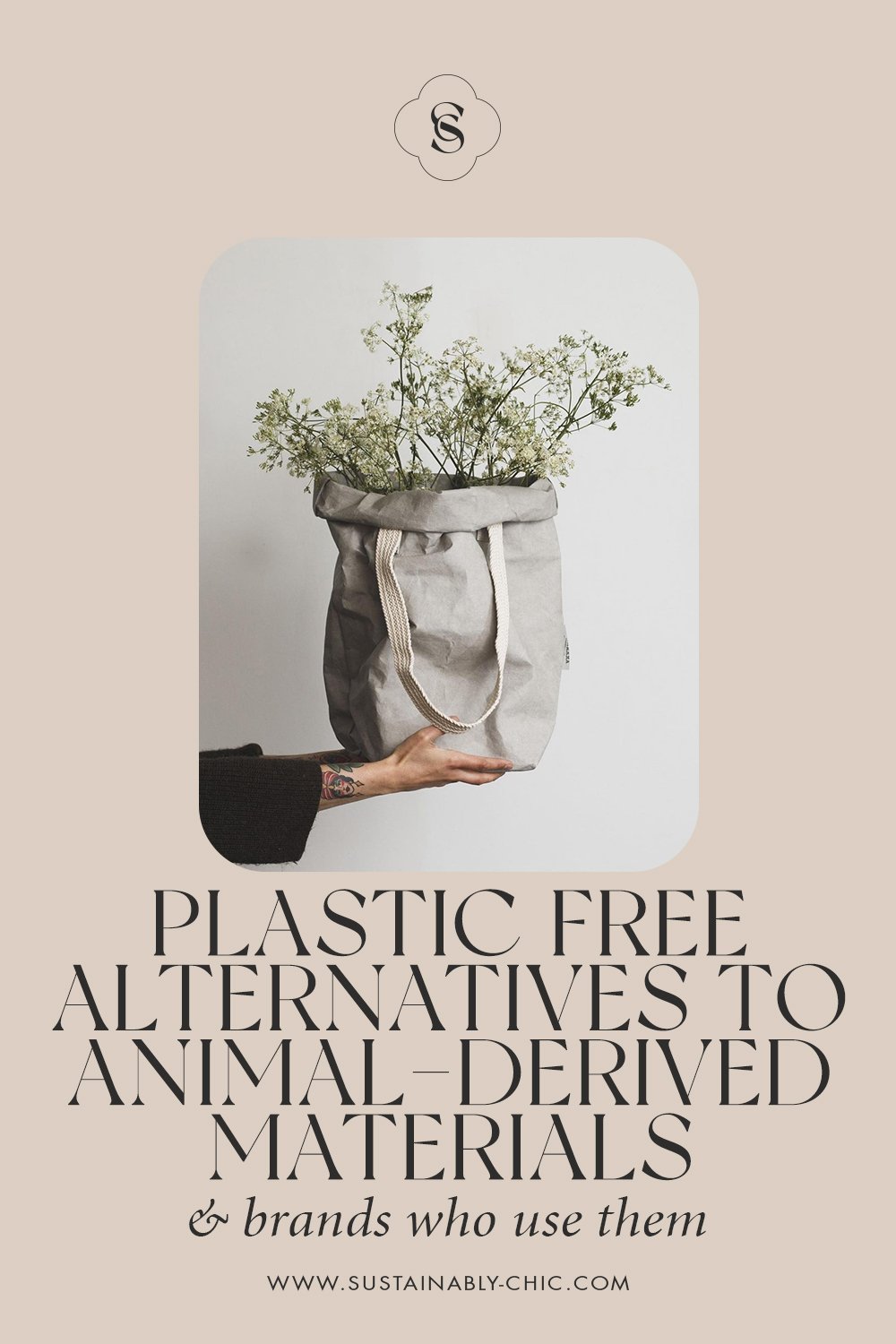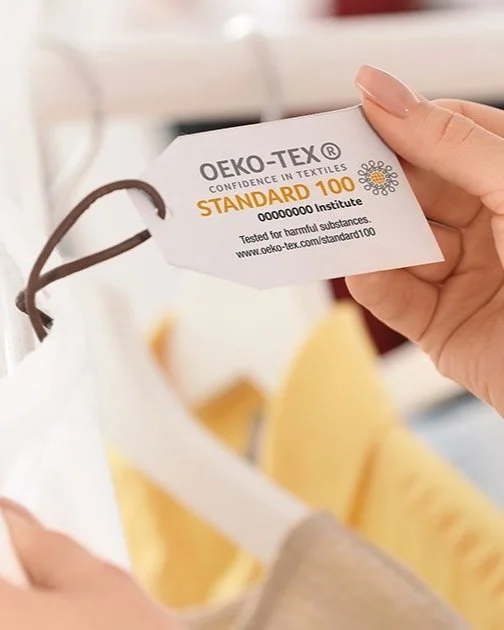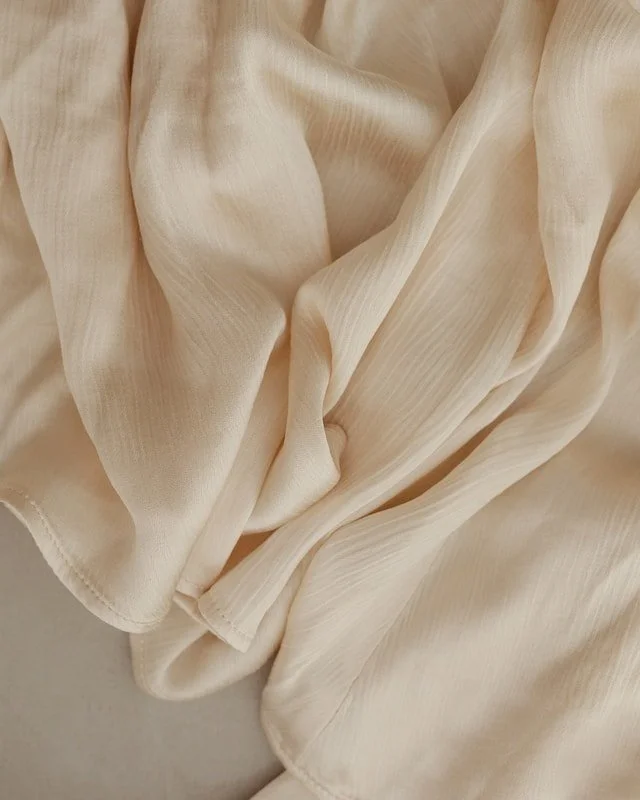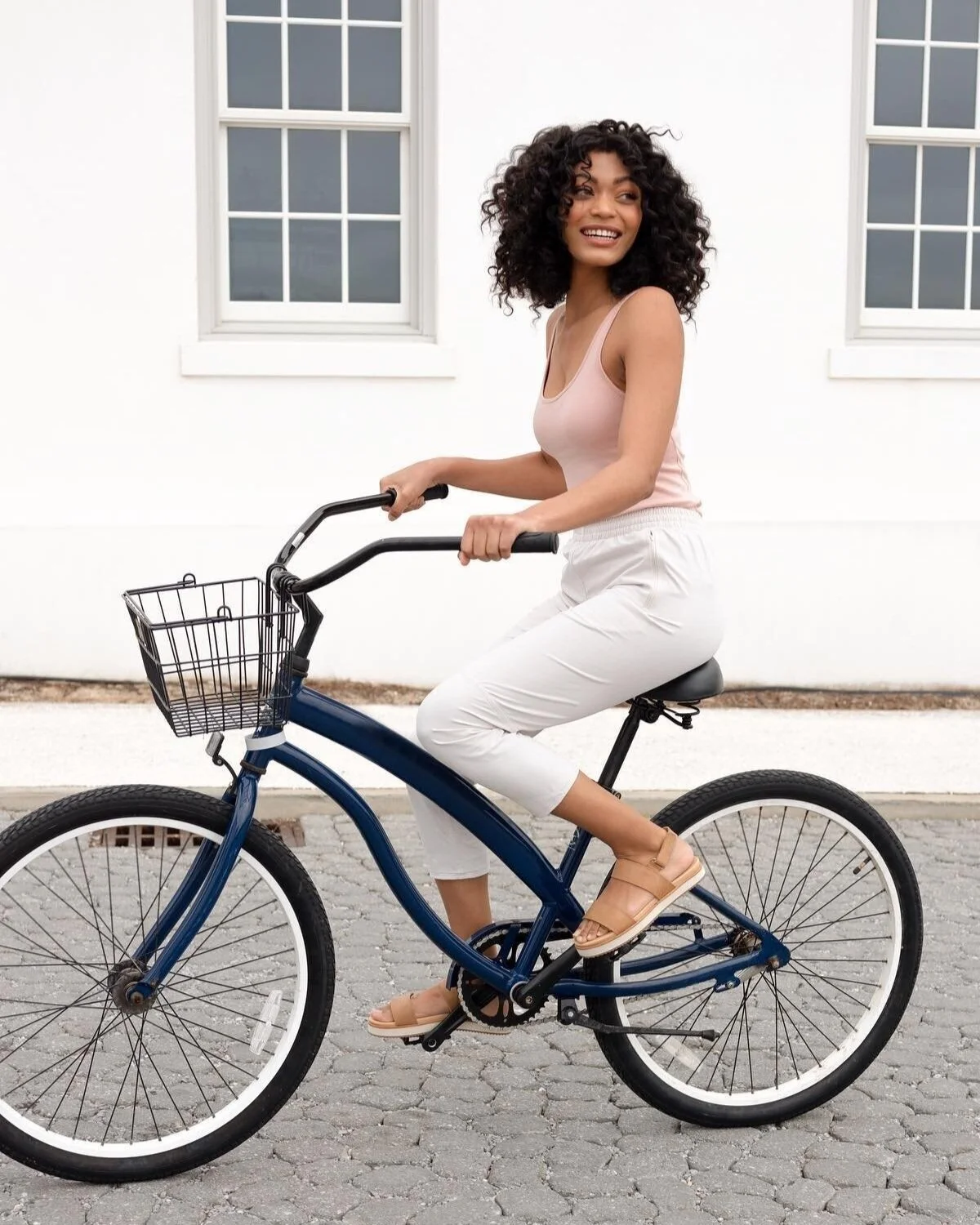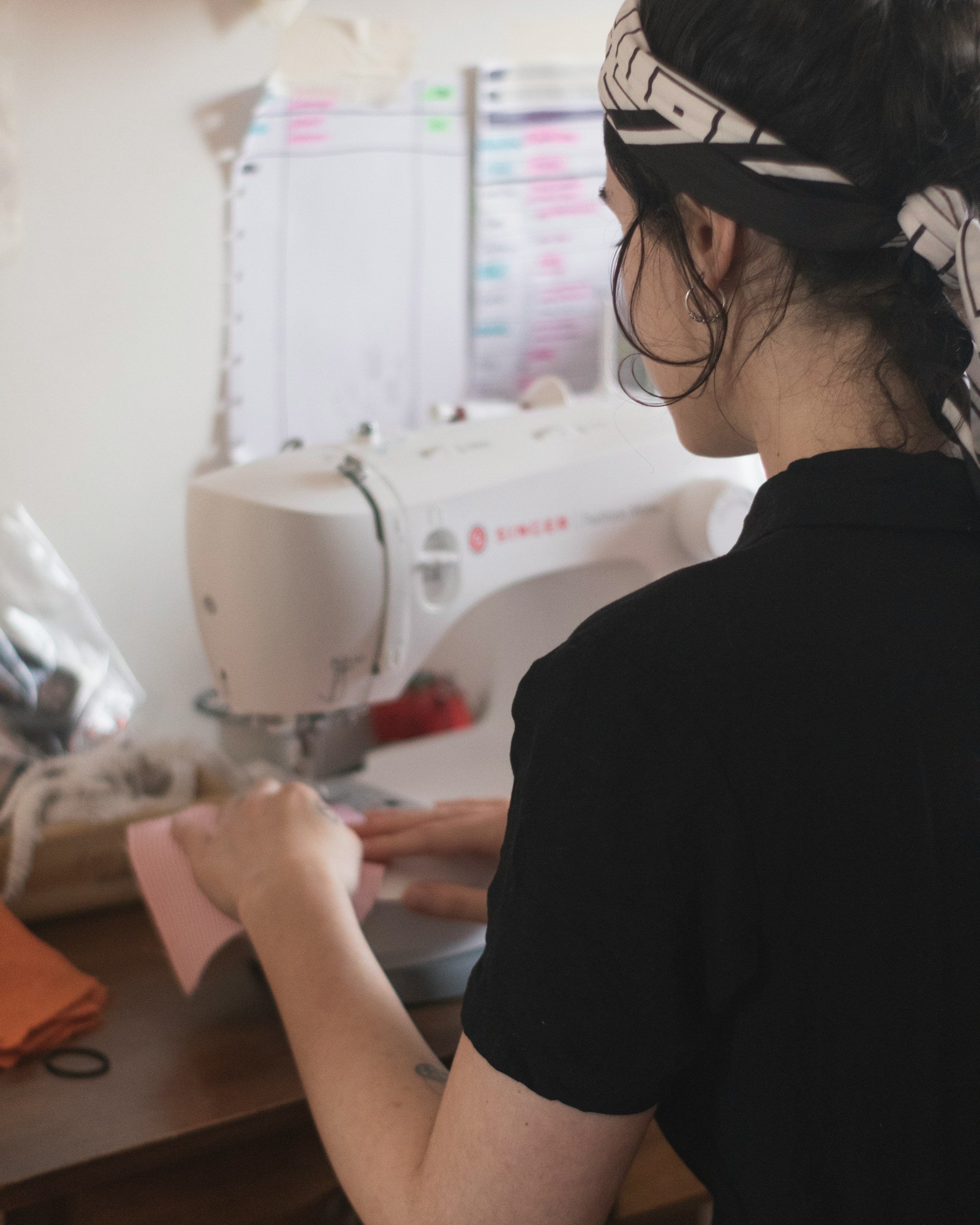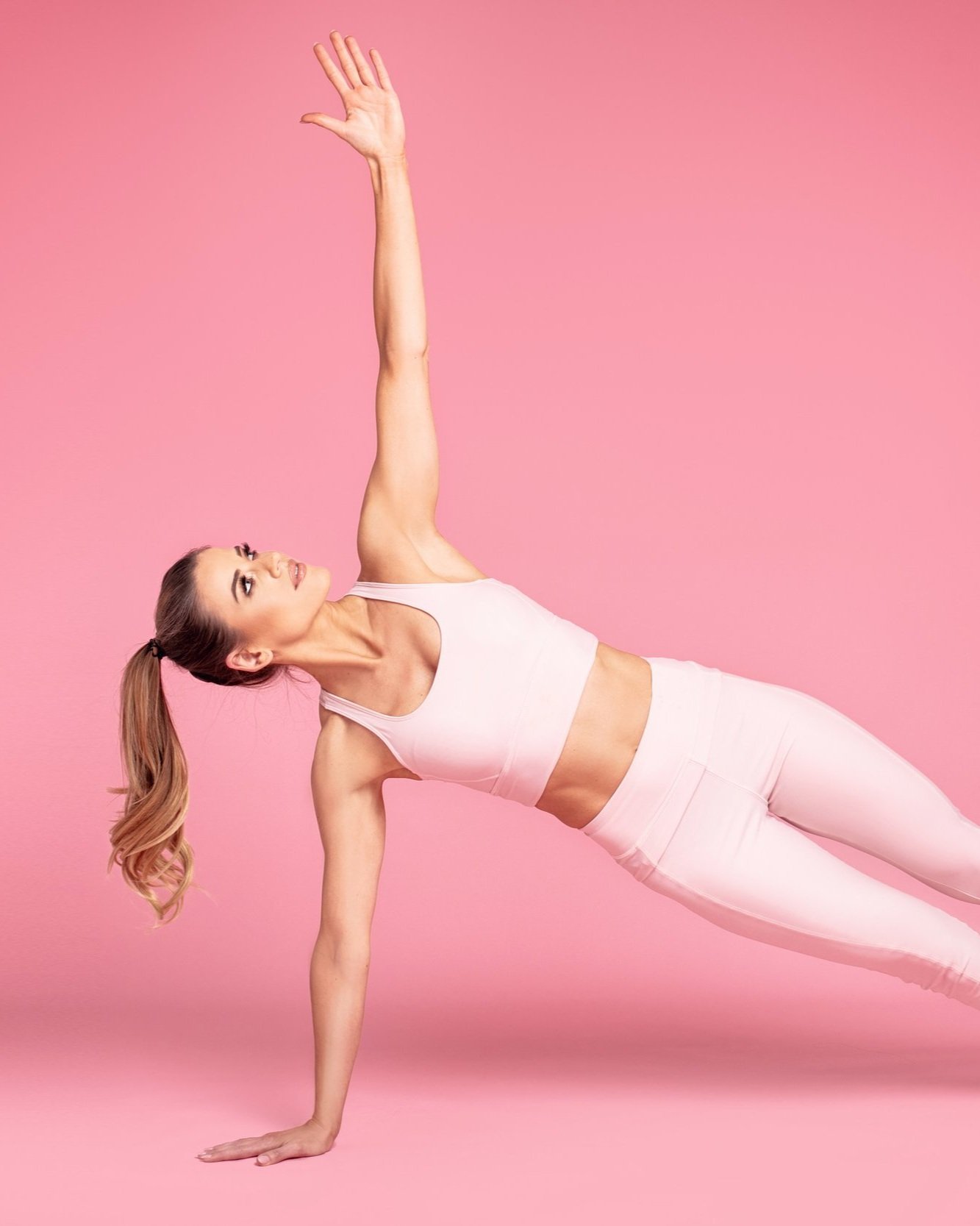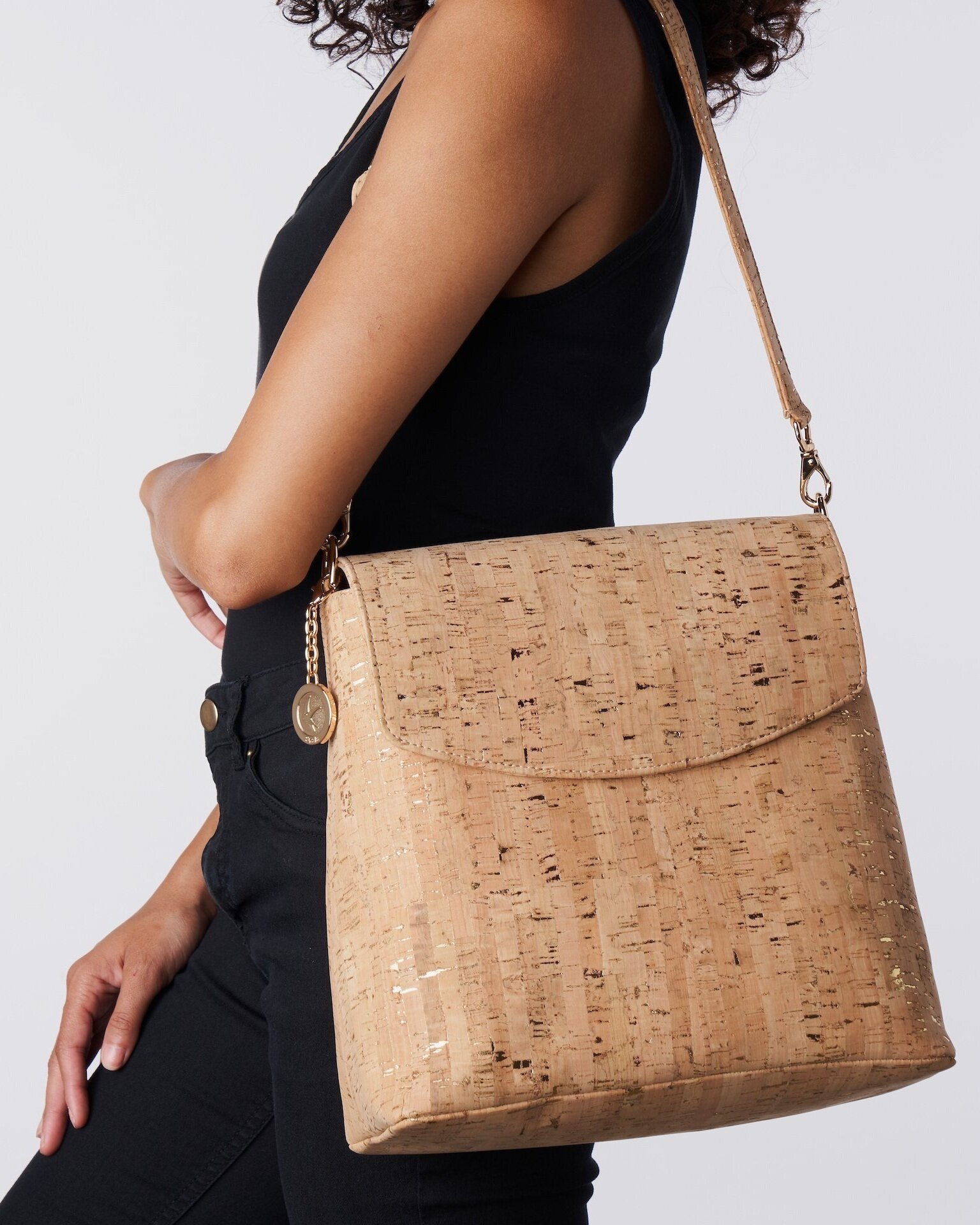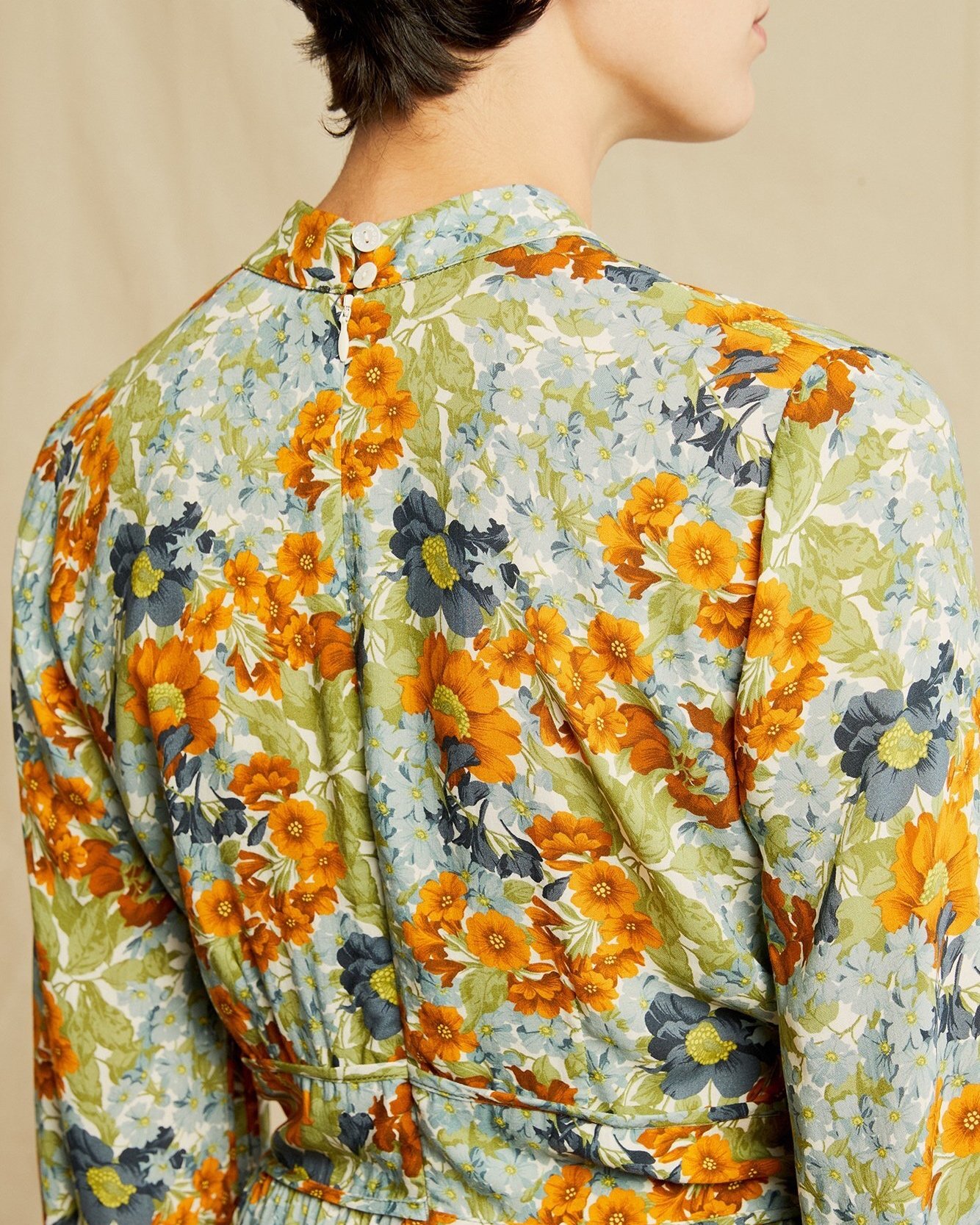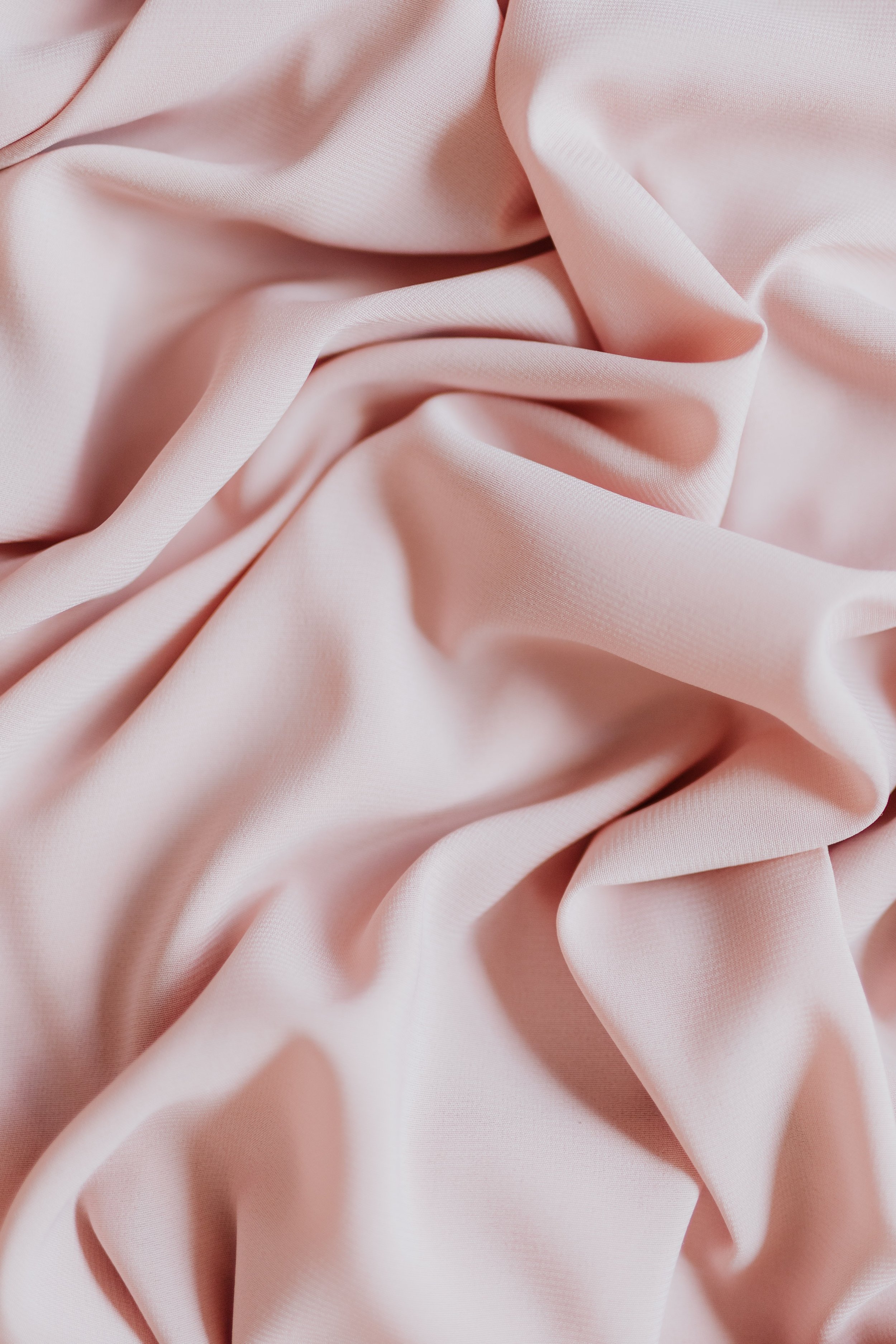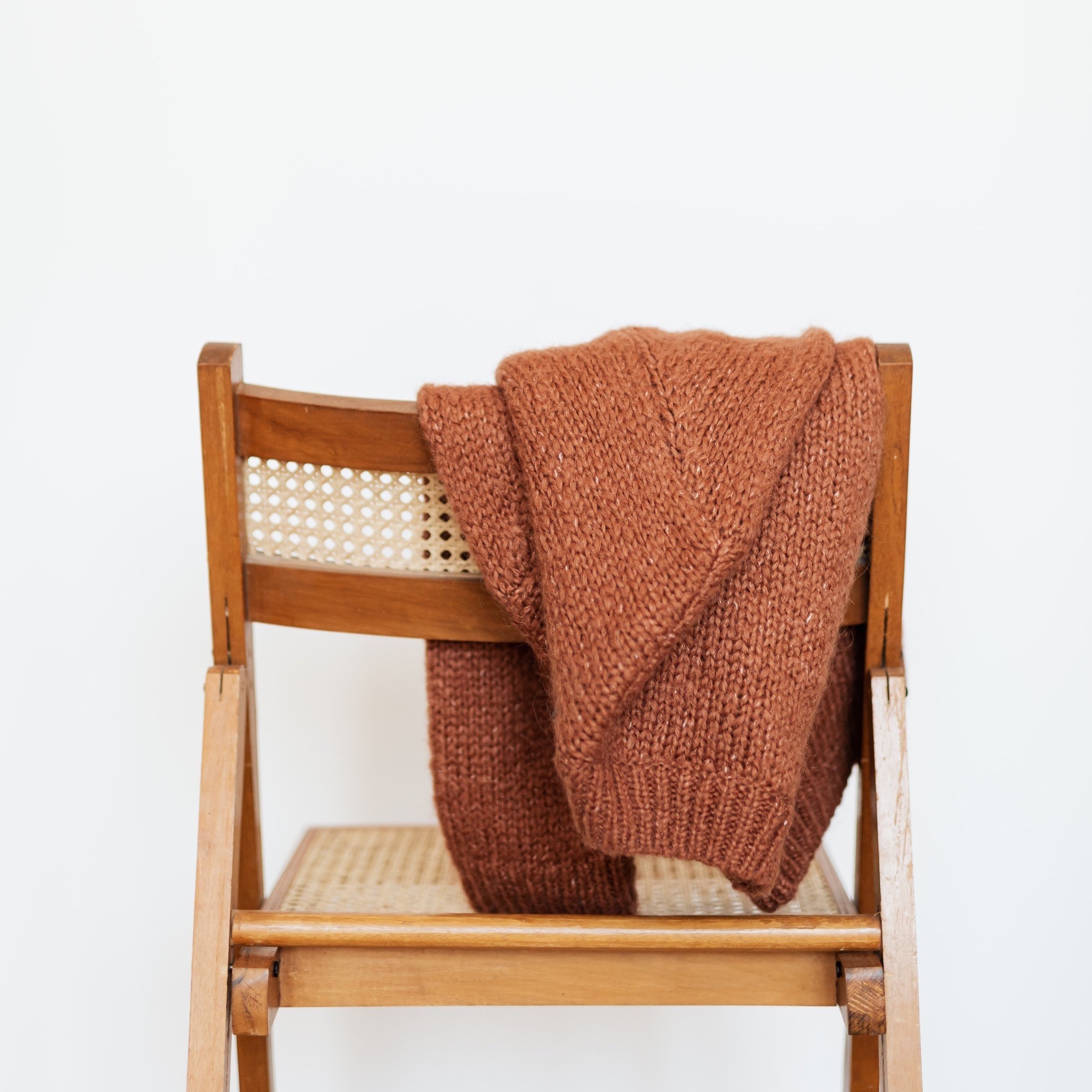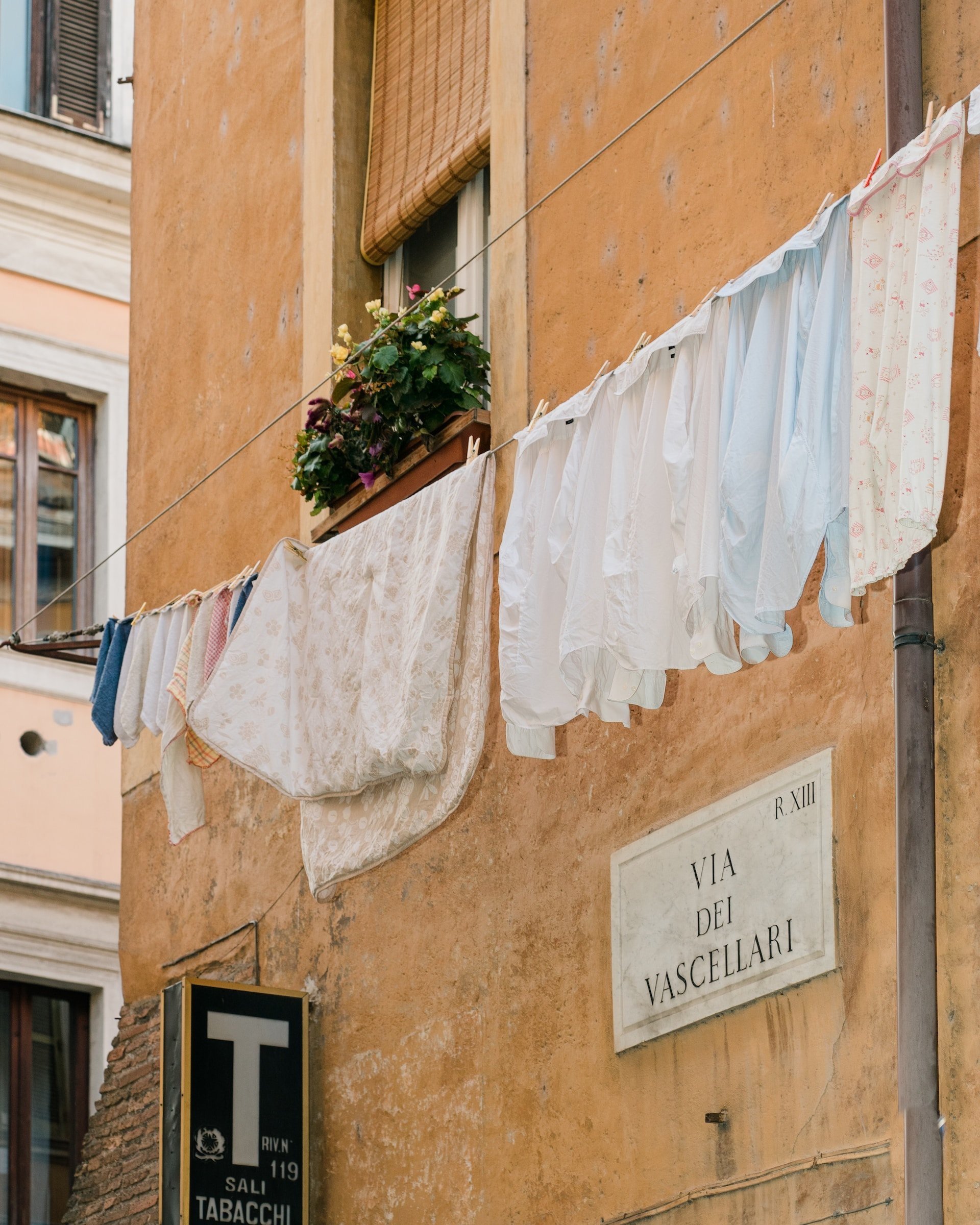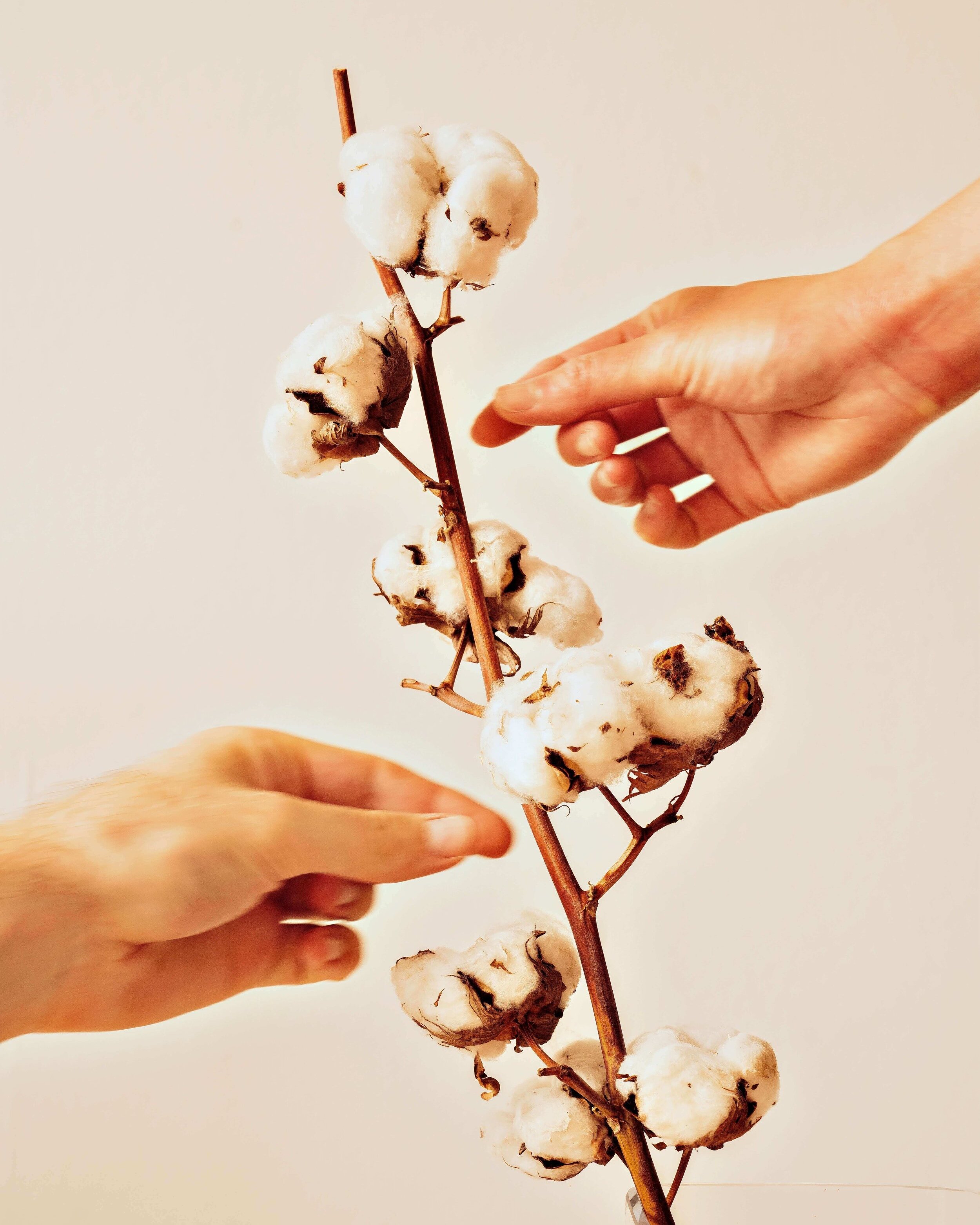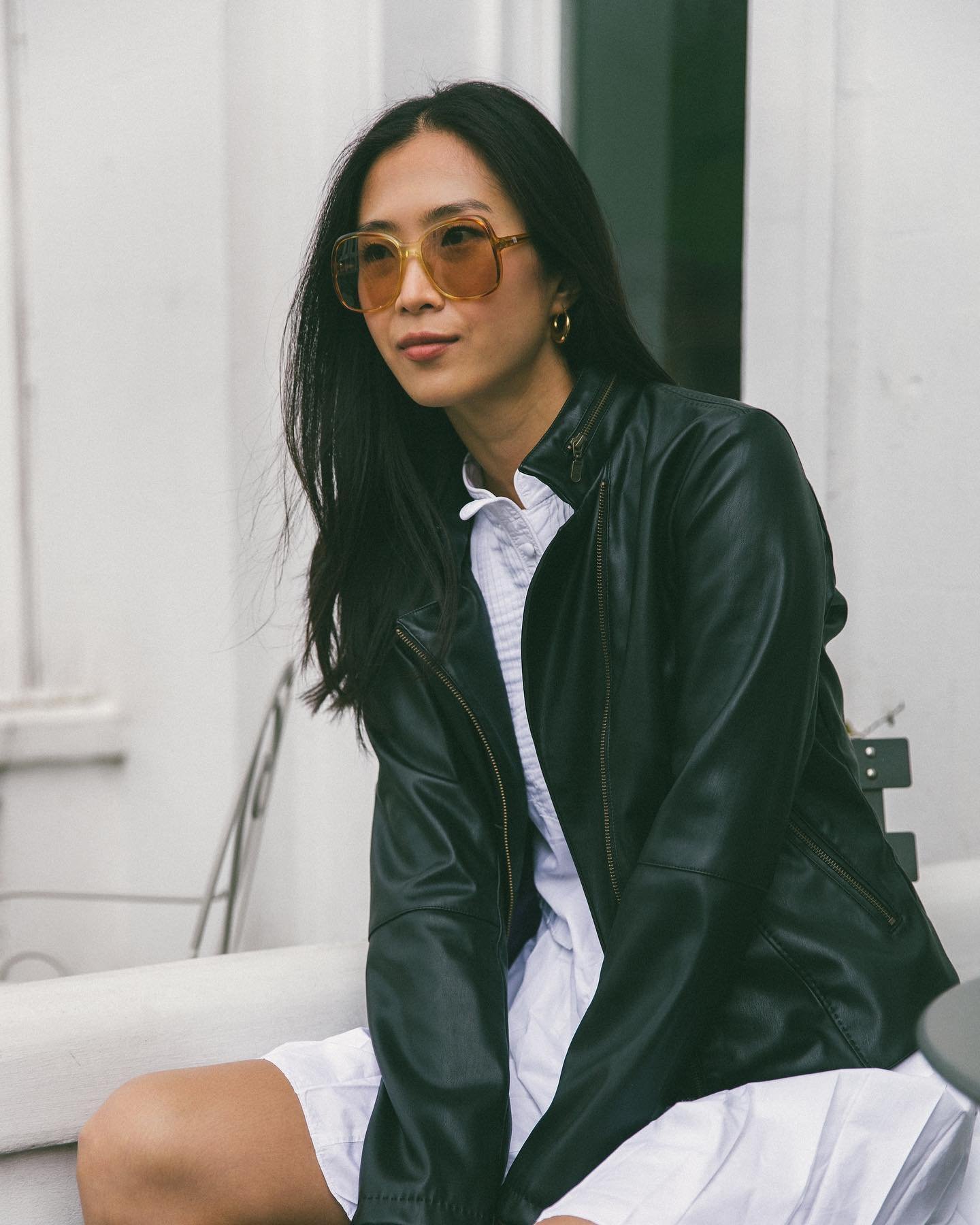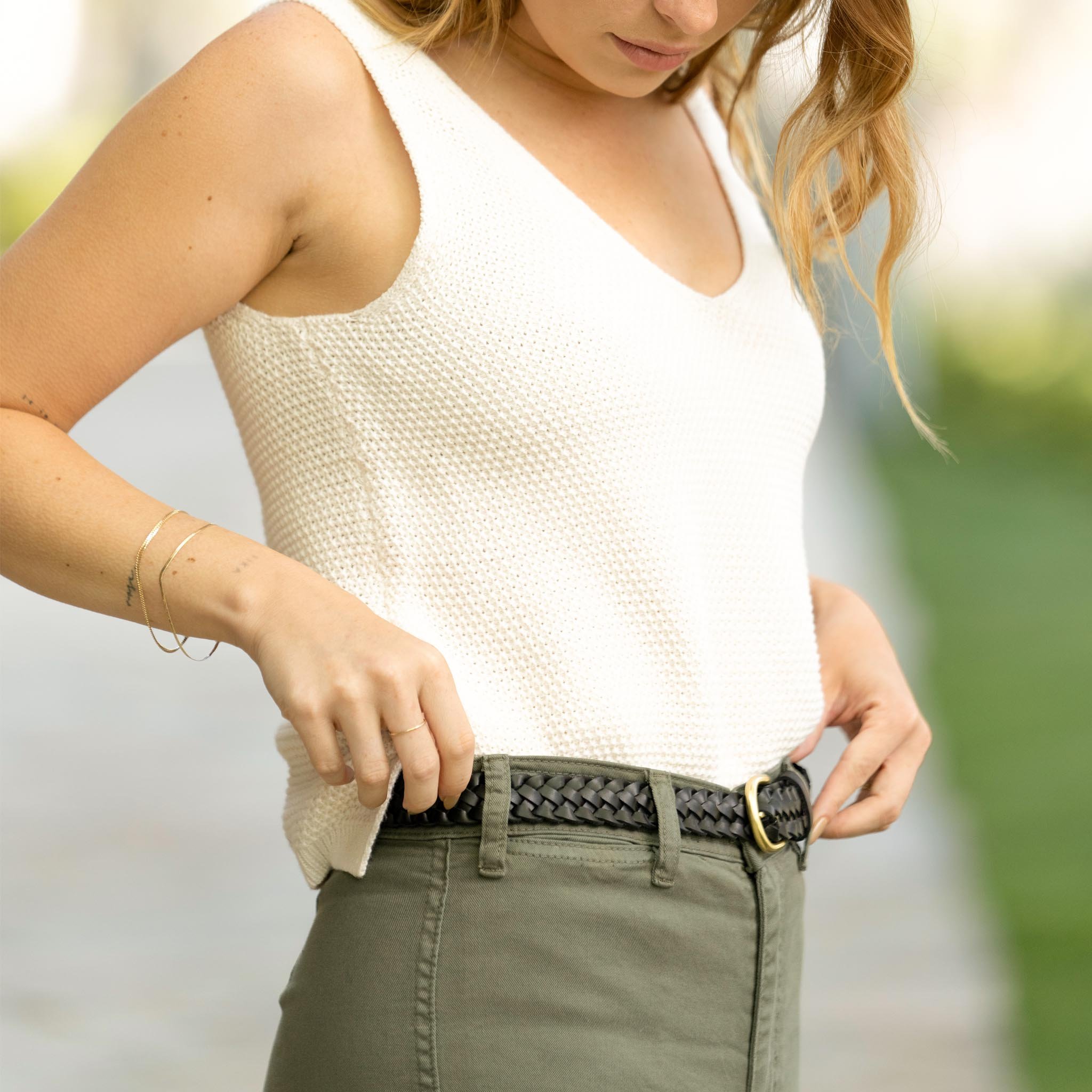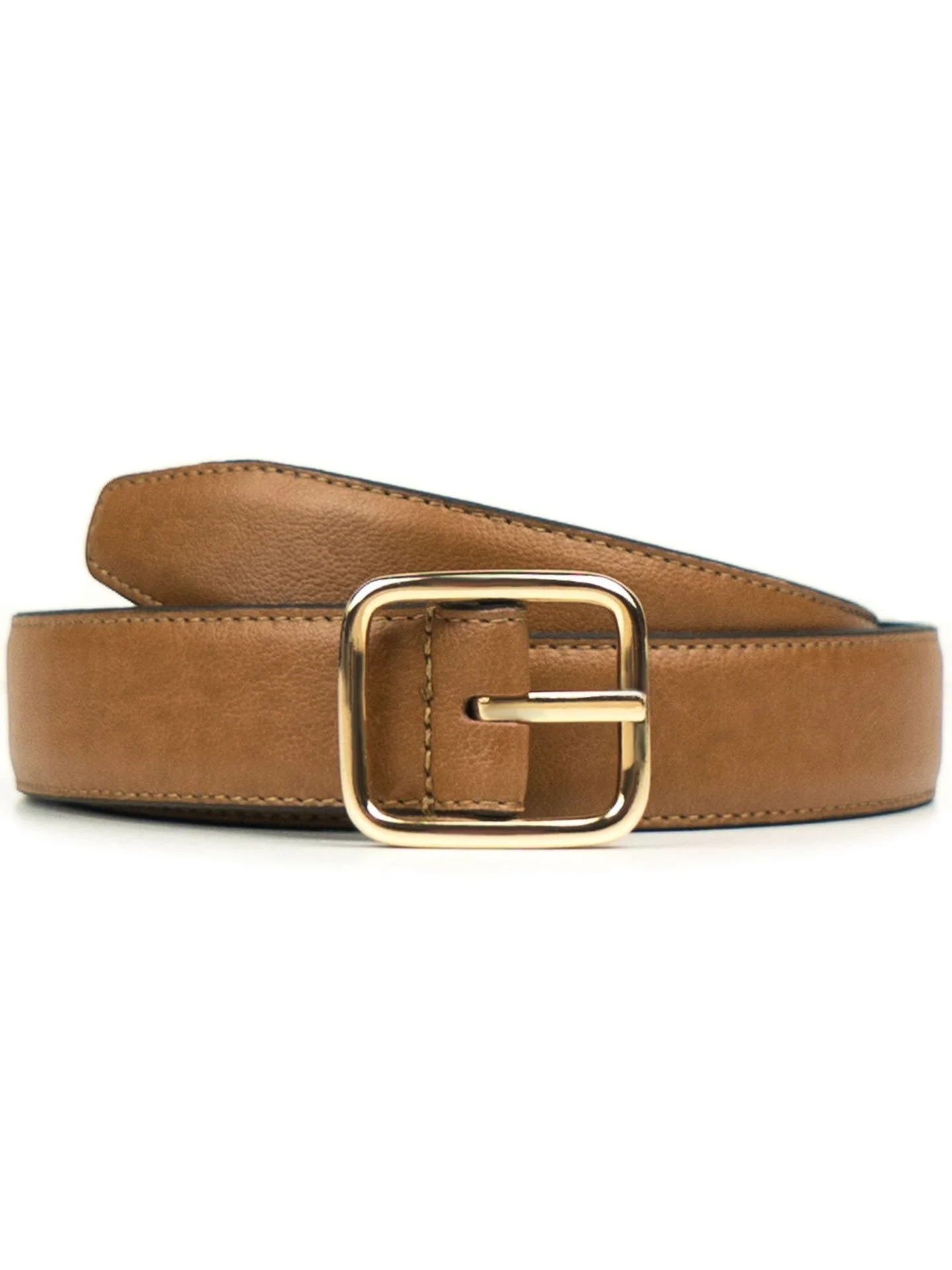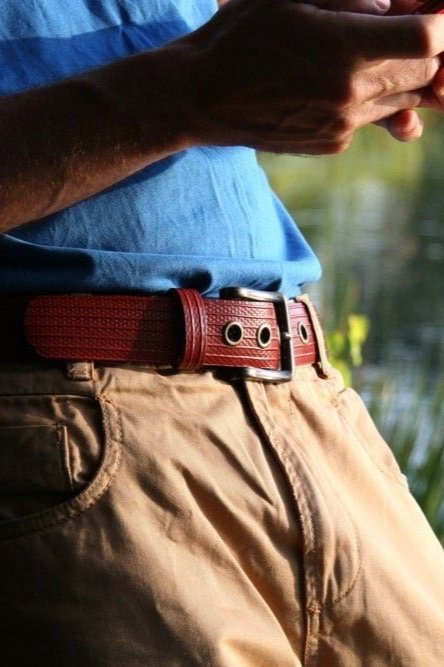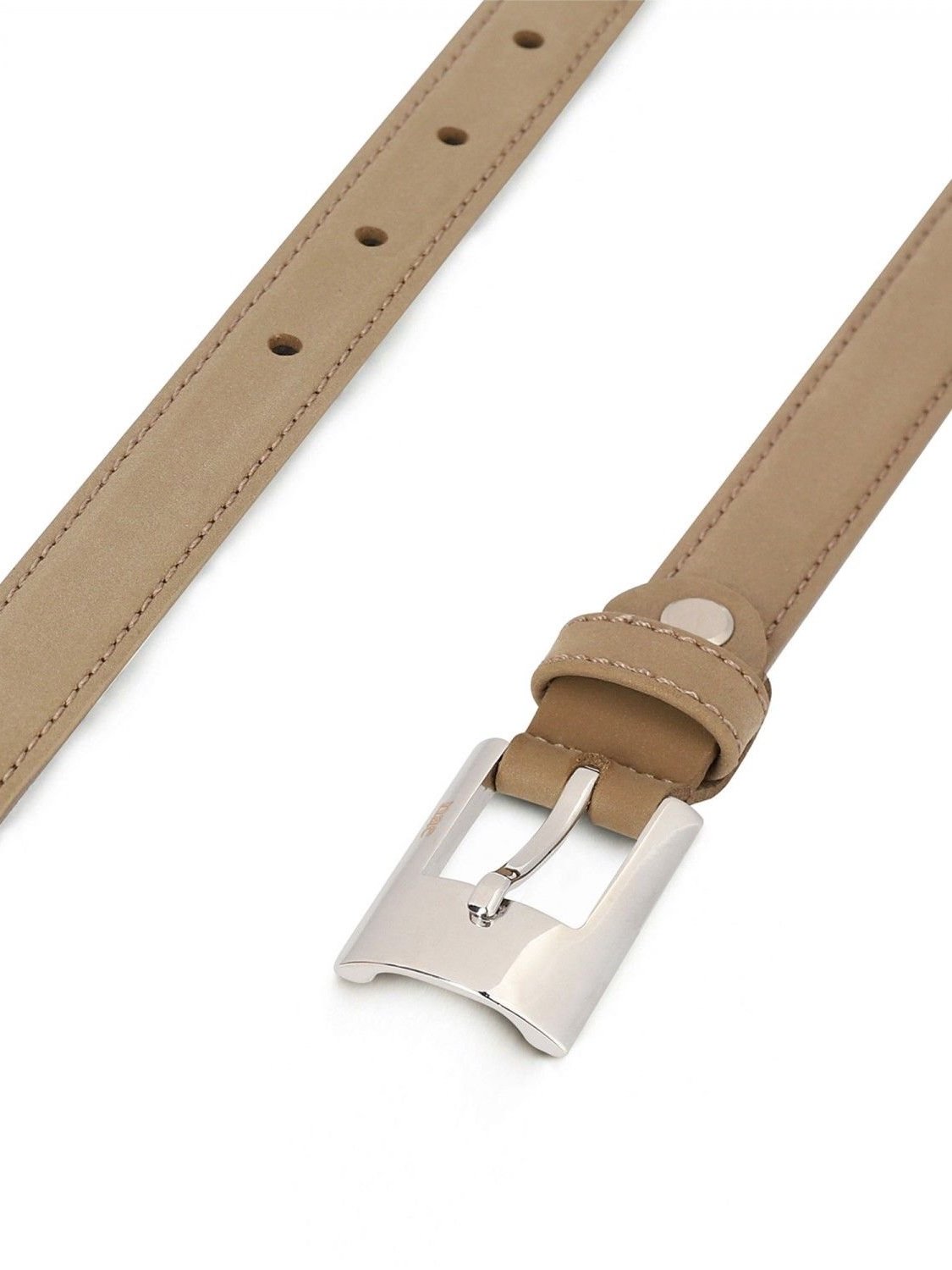image by Hylo
Disclosure: Some of the links below are affiliated; we may earn a small commission if you click through and make a purchase. We only ever add brands & products we truly believe in. Thank you for supporting the brands who are making the fashion industry a better place!
The Best eco-friendly & Sustainable sneakers
Are you ready to step into a greener future? Sustainable sneakers are poised to revolutionize our approach to footwear, offering not just a stylish look, but also a commitment to ethics and sustainability. Crafted from eco-friendly materials and designed for lasting durability, they provide a chance to reduce our carbon footprint while making a positive impact on the environment. Let’s embrace sustainable sneakers and stride confidently, knowing that you are contributing to a cleaner, healthier planet!
The Environmental Impact of Traditional Sneakers
The fashion industry, including the sneaker market, has historically had a significant negative impact on the environment. Traditional sneakers, which are typically manufactured using synthetic materials and energy-intensive processes, contribute substantially to carbon emissions. The production of these sneakers relies on non-renewable resources like petroleum-based plastics and harmful chemicals, posing a threat to the environment. The disposal of traditional sneakers presents a major environmental concern. Many of these sneakers end up in landfills or polluting water bodies, including oceans, where their non-biodegradable materials can take hundreds of years to decompose. This long-lasting environmental impact is exacerbated by the continually increasing demand for sneakers, resulting in millions of pairs being produced and discarded annually.
What to look for when shopping sustainable sneakers
There are a few things you should look for when shopping for a new pair of running shoes or sneakers, but the most important are materials and manufacturing. First, you want to ensure the shoe's composition is made with the planet in mind. You can find lots of recycled rubbers & natural fibers, and even algae-based materials. Next, do they put ethics at the forefront of their business? Are they treating their workers well? You can usually find this information on their website or look for certifications like 'B Corp' or 'Fair Trade.' While a company can't be perfect within sustainability, the brands listed below will be much better than conventional sneaker brands.
&& ethics and eco-friendliness aside, you want a pair of comfortable, quality sneakers that will last you a long time. From walking to hiking… you name it… one of these pairs of shoes will get you there in ethical style!
Brand Rating Guide:
❤︎ = we like ❤︎❤︎ = we really like ❤︎❤︎❤︎ = we LOVE
Click here to learn how we rate brands on Sustainably Chic
our favorite sustainable sneakers For Running, Walking & Everyday Wear:
1. Marlin V-Knit Running Shoe
❤︎❤︎❤︎
Brand: Veja
Price: $200
Materials: Recycled polyester upper and lining/rubber sole
Veja is a well-established footwear brand that offers a wide range of shoes catering to the needs of the entire family. The brand is dedicated to the mission of creating durable and timeless footwear designs. If you're in the market for sneakers, Veja provides an extensive selection of styles and color options to suit your preferences. What sets Veja apart is its use of organic cotton and recycled polyester in the lining of its shoes. One of the standout attributes of Veja is its transparency regarding its carbon footprint. The company openly shares the individual carbon footprint of each shoe model, allowing consumers to make informed choices about their purchases. In addition, Veja adheres to fair trade principles and maintains direct partnerships with small producers, further emphasizing its dedication to ethical and sustainable practices.
2. Bria Go-to-Court Sneaker
❤︎❤︎❤︎
Brand: Nisolo
Price: $160
Materials: LWG Leather, Rubber
Looking to elevate your sneaker game? Meet the Bria — a minimal, modern sneaker designed to be your go-to choice for casual outings, city escapades, commuting, and any other occasions where comfort is key. Crafted from high-quality, water-resistant leather with a cushioned insole featuring Green EVA for superior arch support, these sneakers are the epitome of both style and functionality. Nisolo, the company behind the Bria, has proudly attained B Corp and Carbon Neutral certification, and is renowned for its commitment to producing ethical footwear. Nisolo is leading the way in fair labor practices, ensuring living wages and ethical work environments for those involved in the production process. They prioritize transparency with regards to their manufacturing processes and have made substantial strides in sustainability and transparency in recent years. Notably, in late 2021, they introduced their groundbreaking Sustainability Facts Label, a pioneering initiative that comprehensively outlines the impact of each product on both people and the planet.
3. Catiba Pro High
❤︎❤︎❤︎
*Vegan Options
Brand: Cariuma
Price: $119
Materials: Premium Suede & Organic Cotton Canvas, 100% Slip-Resistant Natural Rubber, Mamona Oil Bio Based Cork Insert
Introducing the innovative CATIBA Pro High skate shoe, designed with both performance and sustainability in mind. These shoes have been meticulously engineered to provide exceptional durability, dynamic movement, and superior grip. The CATIBA Pro High offers optimum board feel, traction, ultimate comfort, and ankle stability with a reinforced flick point, ensuring an unparalleled skating experience. As an added bonus, for every pair of CATIBA Pro High shoes purchased, they pledge to plant two trees, contributing to reforestation efforts. With the CATIBA Pro High, you can skate with confidence, knowing that you're making a positive impact on the planet with every stride!
1) Corn Runners
Brand: Hylo Athletics
Price: $135
Materials: 7 Natural Materials, Corn, Algae, Natural Rubber, Vegan
The Corn Runners are the best running shoes I have ever owned. I highly recommend trying these out for yourself!
Then, when you are done using them, you can send them back to be recycled.
4) Ultraboost 22 Running Shoe
Brand: Adidas
Price: $95
Materials: 50% recycled (ocean plastic)
While we don’t think Adidas is sustainable, we do like that they offer a more sustainable option with their Ultraboost Sneakers. We understand people love their quality, and we believe it's a great start to future sustainable fashion from them!
5) Energee in Canyon Clay
Brand: Avre
Price: $145
Materials: Recycled Plastic
I own a pair of shoes from this brand, one of the comfiest pairs of walking shoes I have in my closet. Created with their signature knitted and recycled material, the Energee shoe will fit every contour of your foot without the worry of needing time to break them in. I love this color, too!
6) Urban Wooler
Brand: Baabuk
Price: $97
Materials: Upper & inner 100% Portuguese mulesing-free sheep wool, Soft Merino inner lining
I have a pair of Baabuk sneakers, and they are very comfortable! The Urban Woolers are made for warmer weather. The moisture-wicking wool and slip-on, slip-off elastic laces make these sneakers very cool.
7) Street Vegan Shoes
Brand: BeFlamboyant
Price: $142
Materials: Corn Waste, Recycled PET & Rubber
The Street Vegan Shoes are entirely animal-free & registered with ‘the Vegan Society,’ the most demanding vegan certification. The sneakers are also zero-waste, packaged in a 100% recycled cardboard box, a plantable card, and a free jute bag.
9) Cascade Trail
Brand: Forsake
Price: $130
Materials: Waterproof Mesh Upper, Algae-Based Footbed, Vegan
The Cascade Trail is a water-resistant hiking sneaker. We love that the footbed is created with 20% BLOOM - an algae-based product, which will return 32 liters of clean water to habitats and clean 20 cubic meters of air.
10) The Lace Up
Brand: Rothy’s
Price: $165
Materials: Recycled Plastic Bottle Knit, Plant-Based Footbed, Bio-Based TPU Outsoles
You can actually throw these into the washing machine! This classic style sneaker also comes in so many different colors.
11) Lace Up Sneaker
Brand: Thousand Fell
Price: $120
Material: Natural Rubber, Recycled Plastic, Aloe Vera, Coconut, Sugarcane, and Palm
One of the first circular pairs of sneakers! When you are done with them, send them back so they can recycle them. The Lace Up Sneaker is designed for everyday life and is so comfortable, breathable, & stain/odor resistant! I love mine.
12) Primus Lite III
Brand: Vivo Barefoot
Price: $120
Materials: Vegan, Recycled plastics and bio-based materials
It almost feels like you are walking barefoot. With less shoe & less weight, you feel freer than ever in the best-selling Primus Lite. Because you can naturally move in these, your feet are the ones in control rather than the shoe.
MAKE SURE TO PIN THE PHOTO BELOW TO SAVE THIS POST FOR LATER!
WANT MORE SUSTAINABLE BRANDS? VISIT OUR BRAND DIRECTORY!
Our Brand Directory is home to hundreds of sustainable brands, from makeup to cleaning supplies, from underwear to shoes. We have broken everything down by category for easy shopping, along with discount codes unique to Sustainably Chic viewers.





